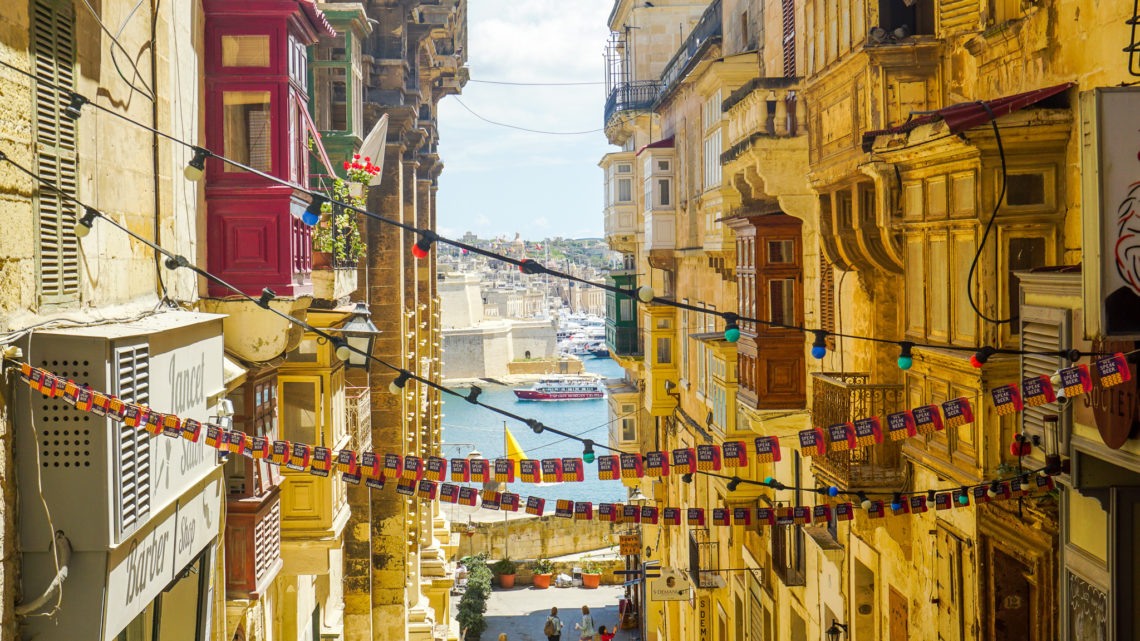
Visiting Malta – Ultimate Three-Day Travel Guide
Last Updated on March 18, 2020 by Polly Dimitrova
Malta is an island country lying in the middle of the Mediterranean Sea. The Maltese Archipelago consists of three relatively small islands – Malta, Gozo, and Comino. The country is located just 80 km off the south coast of Italy and 280 km east of Tunisia. With its remarkable history, crystal clear waters, breathtaking coastal views and some of the best beaches in the world, Malta is a perfect European weekend getaway destination. Keep reading and learn why you should be visiting Malta this spring season.
Thanks to its geographical location, Malta has served as an important strategic base and trading port for thousands of years. Romans, Greeks, Arabs, Normans, French, Spanish and many others dominated the Maltese islands over the years. In addition to this, Malta became a British colony in 1813 and stayed under their rule for 151 years, until 1964 when Malta gained its independence from the United Kingdom. The small islands now have an interesting and charming mix of European and Middle Eastern vibes. Malta is one of Europe’s hidden gems still untouched by mass tourism. If you have not been to Malta yet, make sure that you add this tiny archipelago to your bucket list.
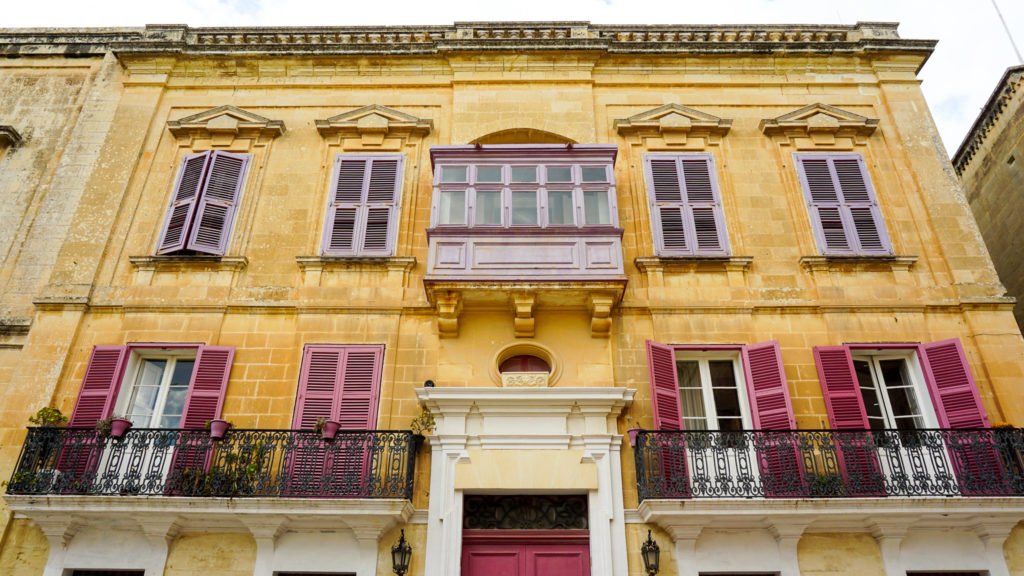
With an overall area of 316 sq km/122 sq miles, Malta is the world’s tenth smallest country. Little did I know that a country only 27 km/17 miles long and 14.5 km/9 miles wide, would have so much to offer. My extended weekend getaway with just 3 days to explore Malta, turned out not to be enough to enjoy everything that the country has to offer. Learn how I planned a 3 Day Travel Itinerary for visiting Malta and how to make the most of a short visit to the country.
Day 1 – Mdina and Rabat
The first day of exploring Malta was mainly devoted to the towns of Mdina and Rabat. This is certainly a must while visiting Malta.
Both towns are located in the Northern region of Malta. Regardless of where you are staying, you can easily get to Rabat by bus.
Top Things to See:
- Mdina Gate
- St. Paul’s Cathedral
- Enjoy stunning Panoramic Views
- Fontanella Tea Garden
- St. Paul’s Catacombs
- St Paul’s Cathedral and Grotto
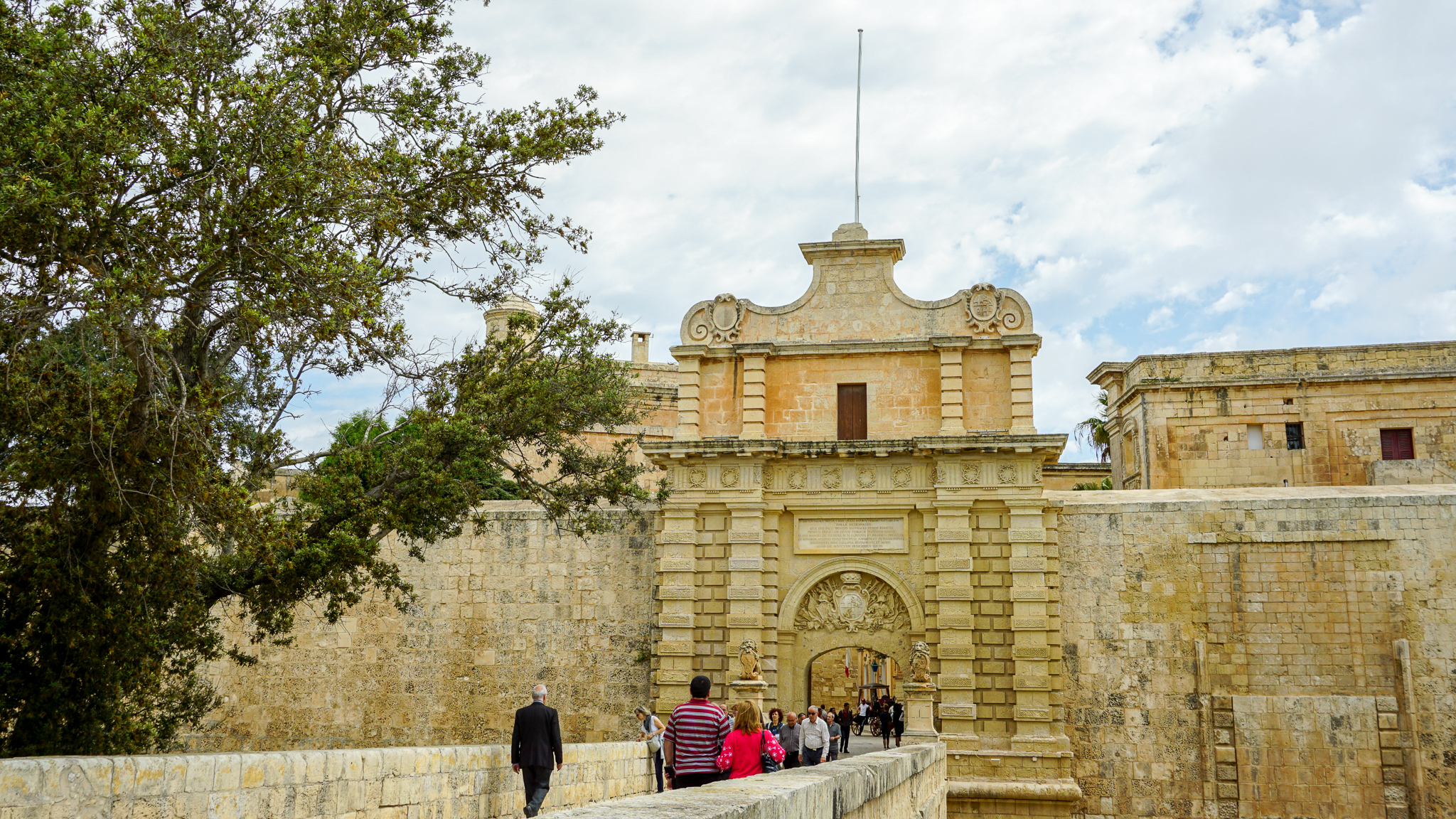
Mdina
Known as the original capital of Malta, Mdina is a fortified city with a rich history dating back to the 8th Century. The town is also extremely popular as one of the filming locations for Game of Thrones. With a population of less than 300 people and no cars policy (with some exceptions), Mdina is often referred to as “the silent city”. Closed by the high city walls, the town seems to be caught into a timeless span. There is just a handful of streets, so you do not need a map or a plan.
As you start strolling down the small streets of Mdina, you will be impressed by the unusual mix of Baroque and Medieval architecture.


St. Paul’s Cathedral 
An interesting fact about Malta is that there are over 360 churches and chapels spread across the small islands. Mdina is no exception. In the centre of the town, you will find St. Paul’s Cathedral. The current structure dates back to the 17th Century, however, it is believed that it replaced a much earlier Norman church, that was destroyed by an earthquake in 1693. Inside the cathedral, you will be able to find magnificent artworks representing scenes from St. Paul’s life, as well as other Maltese bishops. If you have more time to spend in Mdina, you might also want to visit the Mdina Cathedral Museum located just to the right-hand side of the cathedral.
Located on a hill, the town of Mdina is one of the highest points on the island. Hence, Mdina is a fantastic place to enjoy some outstanding panoramic views over the island.
I cannot recommend enough admiring the views from Fontanella Tea Garden while sipping on great coffee and indulging in delicious cakes.
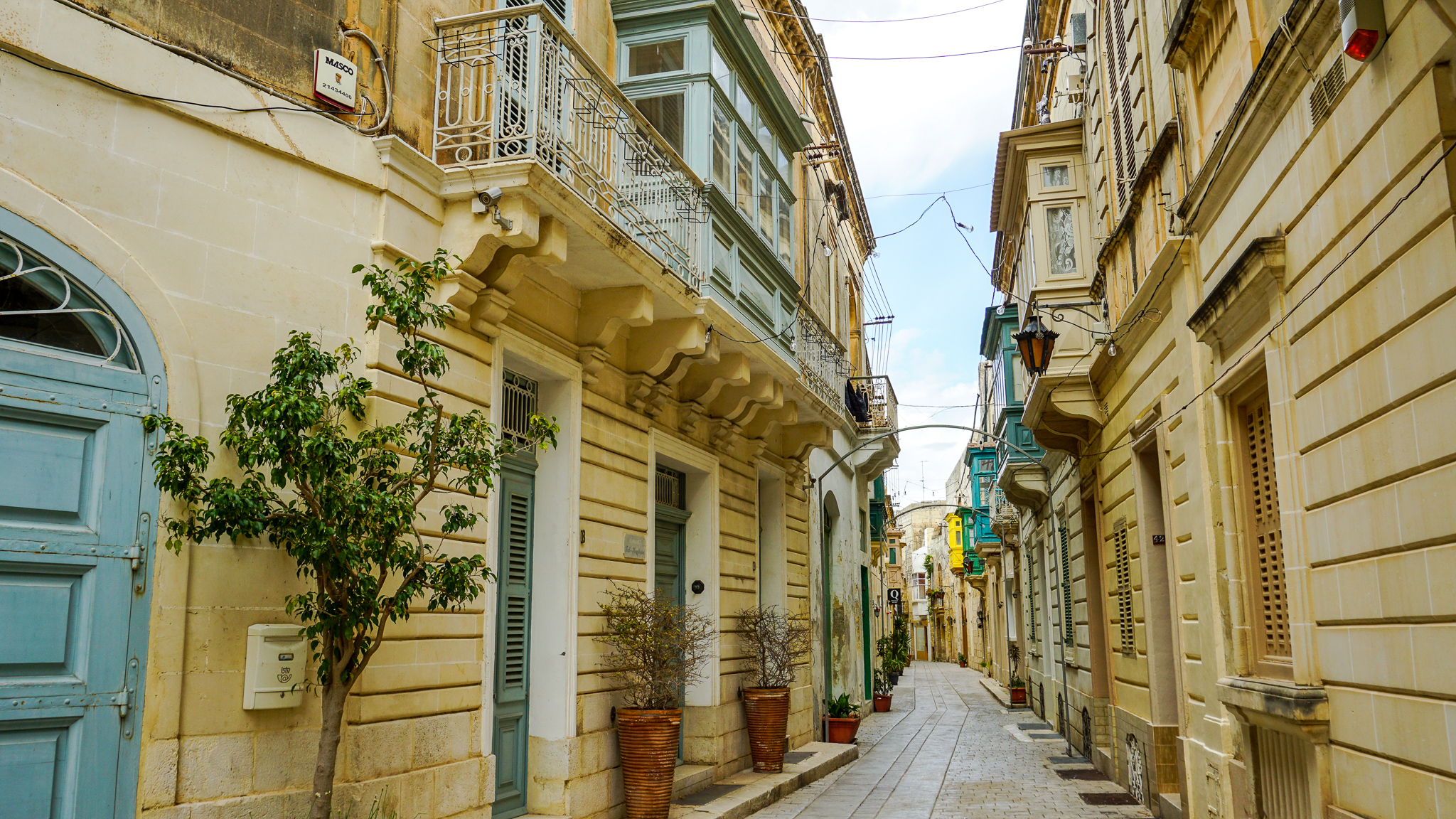
Rabat
Once you walk outside of the fortified city of Mdina, you will immediately enter Rabat. It almost looks like both Mdina and Rabat connect and form one bigger city. Tourists often overlook the town of Rabat, but make sure to add it to your travel itinerary when visiting Malta.
Rabat is most popular for St. Paul’s Catacombs. The entire complex is absolutely massive, covering more than 2000 square meters with approximately 20 underground temples. Dating back to the third century CE, St. Paul’s catacombs is the largest system of interconnected underground Roman tombs discovered in Malta.

St. Paul’s Catacombs 

St Paul’s Cathedral and Grotto
If you decide to visit, keep in mind that the paths are quite narrow underground. The bigger tombs feel like a maze and you might think you will get lost. Do not worry! You will always be able to find your way back! Some parts of the catacombs are not completely lit and it can get a bit creepy. Overall, I would say exploring St. Paul’s Catacombs is a must.
As you are walking around the streets of Rabat, you will also see St. Paul’s Cathedral and Grotto. This is one of the most important religious sights in Malta, as it is believed to be the first place of Christian worship on the island. Built in the 17th Century, the present church is standing over the grotto, where St Paul preached during his three months in Malta. It is believed that St Paul and his missionary party sought refugee at this particular place after being shipwrecked on the island.
We strolled down the quiet streets of Rabat some more before heading back. I found the town to be a lot more peaceful than Mdina. You can get a more authentic Maltese experience as you admire the beautiful and brightly coloured doors and balconies, without the large tourist crowds. Click here for more photos of the doors of Malta.
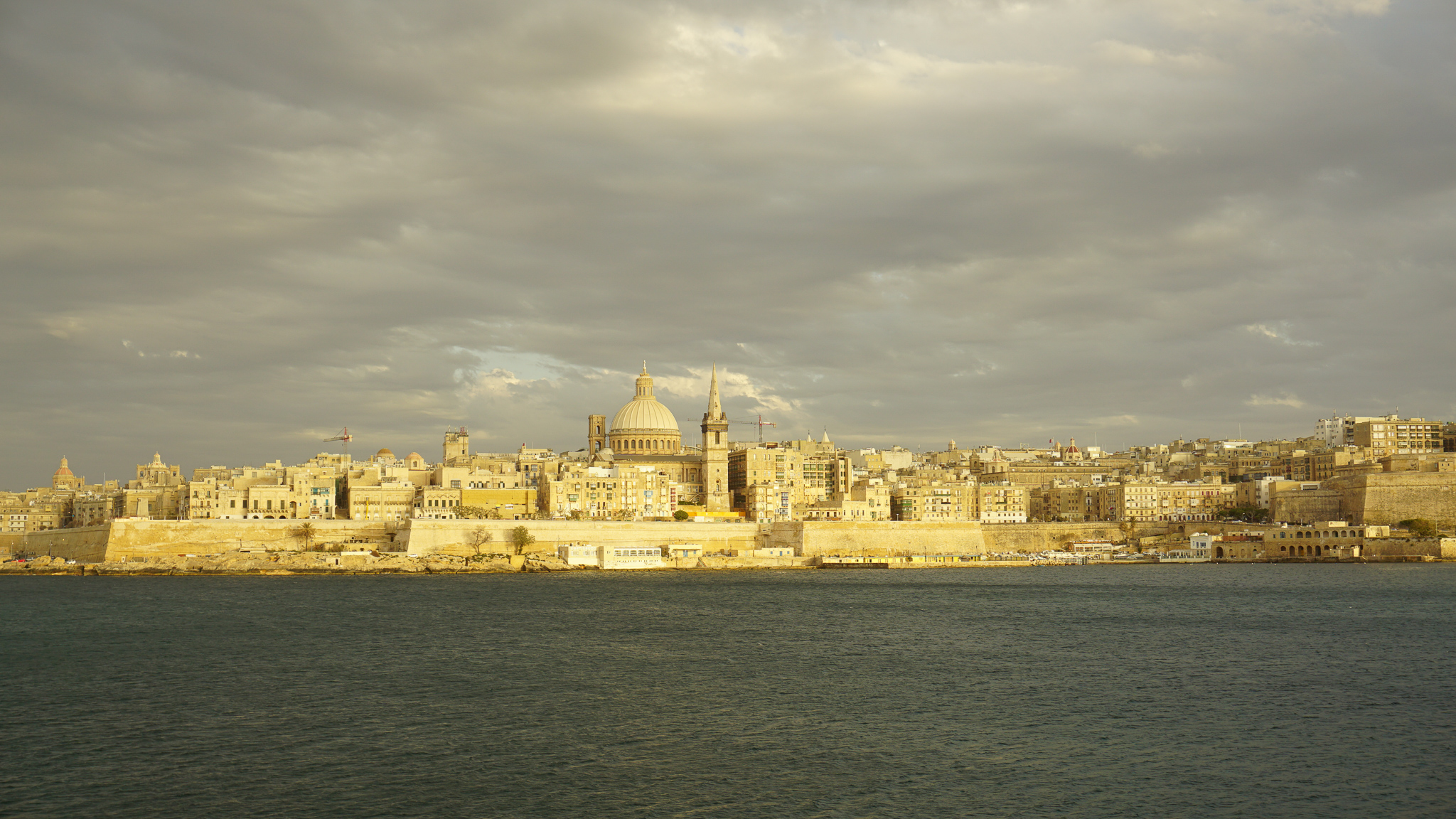
Sliema
Sliema was our last stop for the day. Once a small fisherman village, Sliema is now a major commercial district with various options for shopping and dining. Sliema’s 6k promenade stretches from Gzira to St. Julian’s and St George’s Bay and is an ideal spot for a sunset walk while enjoying spectacular views across to Valletta.
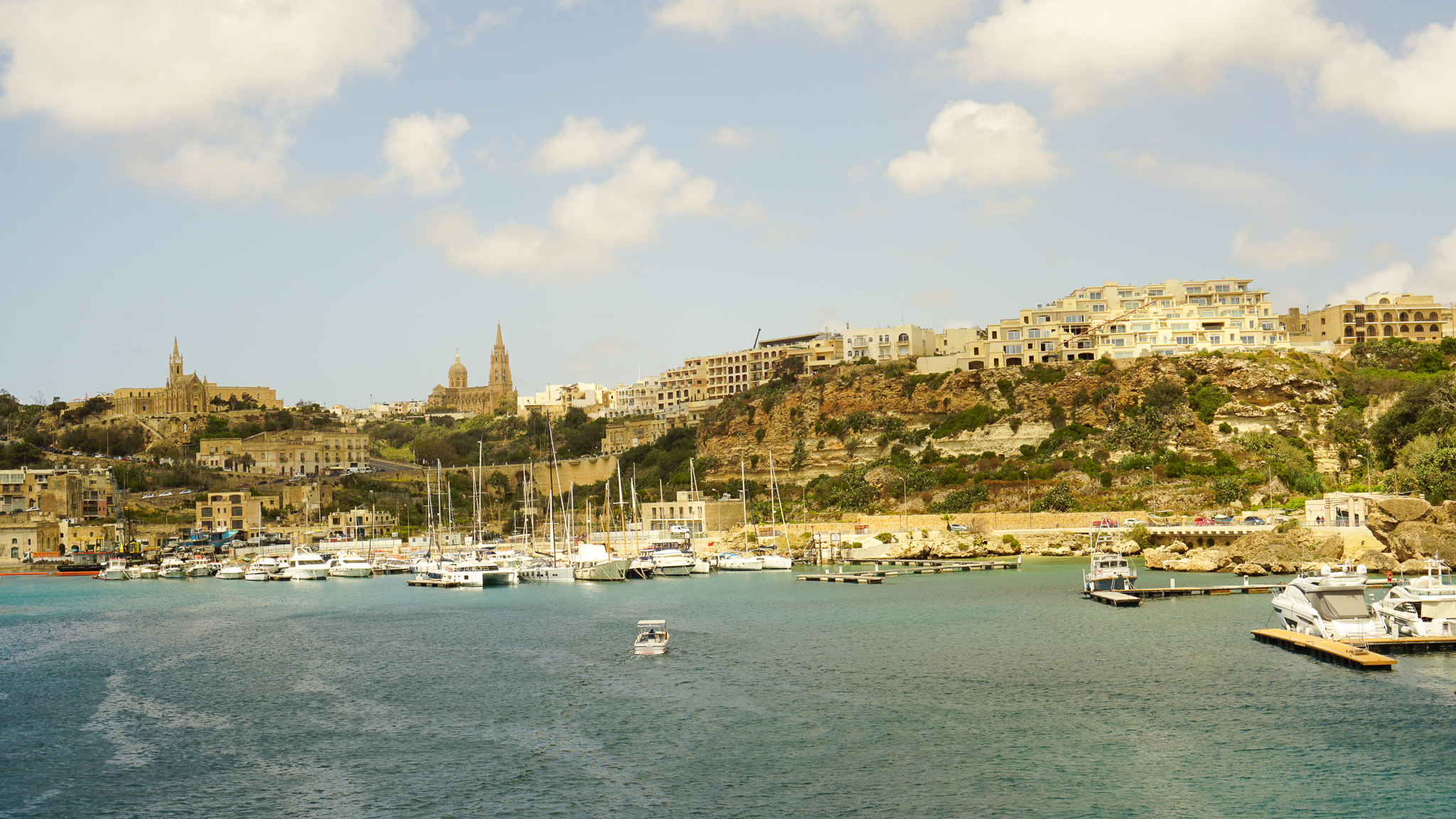
Day 2 – Gozo
While visiting Malta, make sure that you plan a day trip to Gozo. Gozo is the second-largest island part of the Maltese Archipelago. Known for its scenic drives and stunning coastline, the island has a much more rural charm compared to the main island of Malta. The crystal-clear waters and secluded beaches make it one of the top Mediterranean destinations for scuba diving and snorkelling.
Top Things to See:
- Victoria
- Cittadella
- The Cathedral of the Assumption
- Enjoy stunning Panoramic Views
- Ta Rikardu Restaurant
- Azure Window
Gozo is just a 15-minute-ferry-journey from Malta. Boats leave every 15 minutes from the harbour in Cirkewwa in Malta to take you to Mgarr on Gozo. The round trip ferry ticket price is less than €5. Click here to check the ferry schedule. The waves seemed to be bigger that day, however, we enjoyed our bouncy boat ride. The wind was a little chilly but it felt so refreshing to be on a boat in the middle of the sea. As we were passing by Comino, we were able to catch a quick glimpse of the Blue Lagoon. Hopefully, on my next trip to Malta, I will be able to plan a day trip to the Blue Lagoon as well.
Similar to Malta, there are so many places to see in Gozo. Public transport here is also extremely convenient as buses go all over the island. Unfortunately, it is not possible to see everything in just a day, so plan in advance and make sure that you know exactly what you want to visit beforehand. We decided on the capital city Victoria and the popular Azure Window.
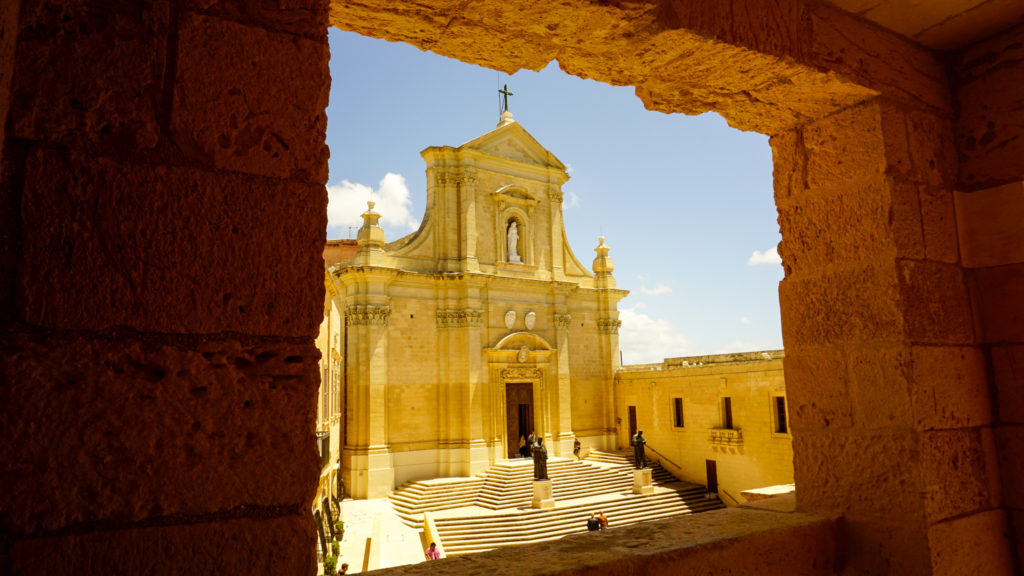
Victoria
Victoria is the capital city of Gozo with a population of less than 7,000 people and a total area of less than 3 square km. For a capital, Victoria has a much slower living and relaxed type of feel. Victoria’s historic centre is located on a hill, enclosed by massive fortification walls. The Cittadella is believed to date back to Neolithic times, however, a large portion of the structure was destroyed when the Ottomans invaded the town in 1551. Around 1600, the Knights of St. John reconstructed the fortification. The Cathedral of the Assumption lays at the heart of the Cittadella. The 17th Century cathedral, with Baroque architectural style, is built in the shape of a Latin cross. Take a minute to admire, the Cathedral’s gold looking facade.



The Cathedral of the Assumption
Follow the winding narrow alleys until you climb on top of the walls. Step back in time and enjoy the fabulous panoramic views of Gozo while walking across the fortified walls. Make sure to stop for a second, take a deep breath and enjoy the beautiful mixture of ancient limestone buildings, rural green landscapes, and the deep blue Mediterranean Sea far in the distance.
Make sure that you stop for a quick lunch at the Ta Rikardu Restaurant. The restaurant has a bit of a rustic feel to it, located in a beautiful medieval building just next to the cathedral. The food is locally grown and the meals are prepared with fresh products from the owner’s vineyard and farm. You will find just a few options on the menu, but the food is authentic and delicious. I cannot recommend the traditional platter enough – fresh tomatoes, traditional cheese, olives and Gozitan bread. It was a bit too windy when we were visiting, but the restaurant has a nice rooftop with beautiful views of the city.
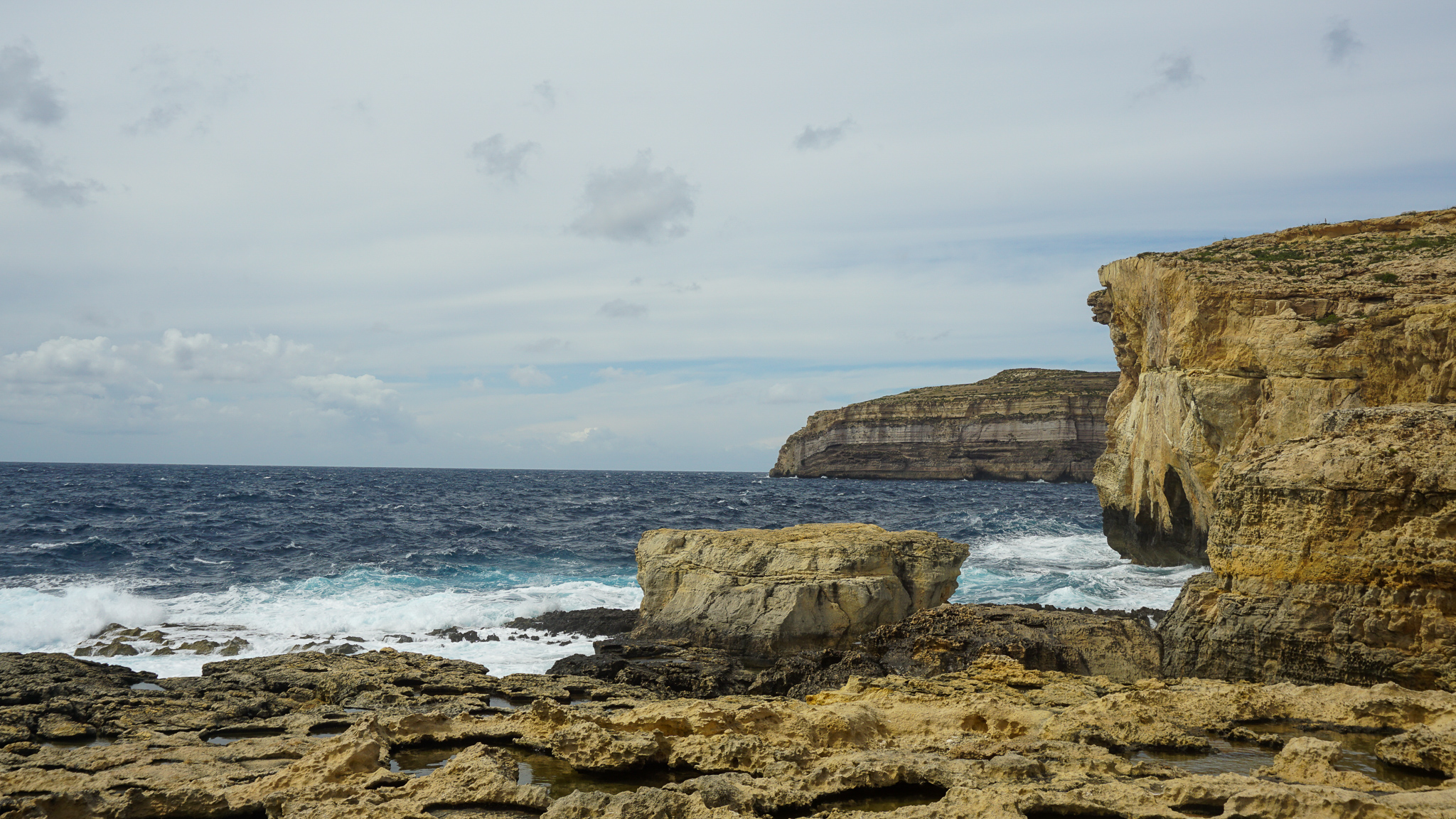
Azure Window
Well, in reality, the Azure Window no longer exists. This magnificent limestone rock formation, which was 28 meters tall was a naturally shaped arch through sea erosion. The Azure Window was the most popular sight on the island of Gozo until 2017 when heavy storms caused the collapse of the entire pillar. The Azure Window was located in the Dwejra Bay region. This area is popular for its interesting rock formations, dramatic cliffs and stunning deep blue sea views. Inland Sea and Fungus Rock (other interesting rock formations) are now becoming a lot more popular in this area. Even still, there are numerous tourists (like me), who are curious to see where the iconic Azure Window used to stand.
I am extremely happy that we decided not to skip the Azure Window, even though, we could not enjoy it in its former glory. The views of the sea were absolutely stunning. Big waves crashing against the cliffs, exploding in the air, splashing water and creating foam. This was certainly a postcard-perfect view!
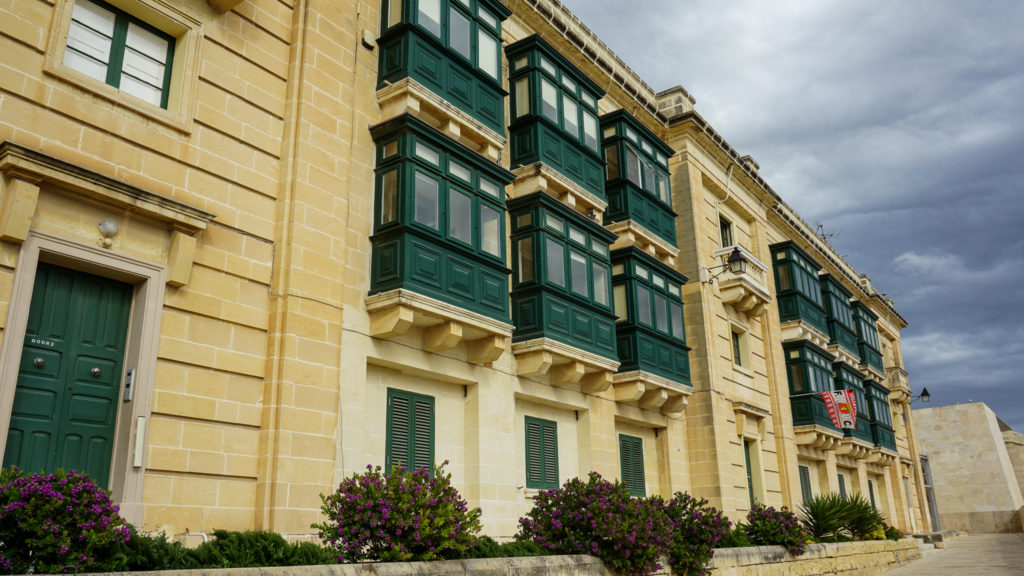
Day 3 – Valletta
And finally, on the last day of my trip to Malta, I got to the capital city Valletta. Not only is Valletta the 2018 European Capital of Culture, but it has also been declared as one of UNESCO World Heritage Sites. Valletta is a vibrant and colourful city. Stretching across an area of only 0.61 square km, Valletta is the smallest capital city of the European Union, as well as the southernmost capital of Europe. You will feel like you have stepped back in time through Valletta’s lively and brightly-coloured paved pedestrian streets.
Top Things to See:
- Barrakka Gardens
- St John’s Co-Cathedral
- Get lost strolling down the streets of Valletta
- Grandmasters Palace
- National War Museum
Upper and Lower Barrakka Gardens
While exploring the narrow streets of Valletta, make sure that you visit the Upper and Lower Barrakka Gardens. Once served as the private gardens of the Knights of the Langue, the Barrakka Gardens are now a public park that offers some of the best views of Malta. You will find the gardens a fantastic spot to rest in the hot summer days while being surrounded by greenery, flowers and unusual sculptures! Located on the highest point in Valletta, the Upper Barrakka Gardens promise beautiful views of the harbour.
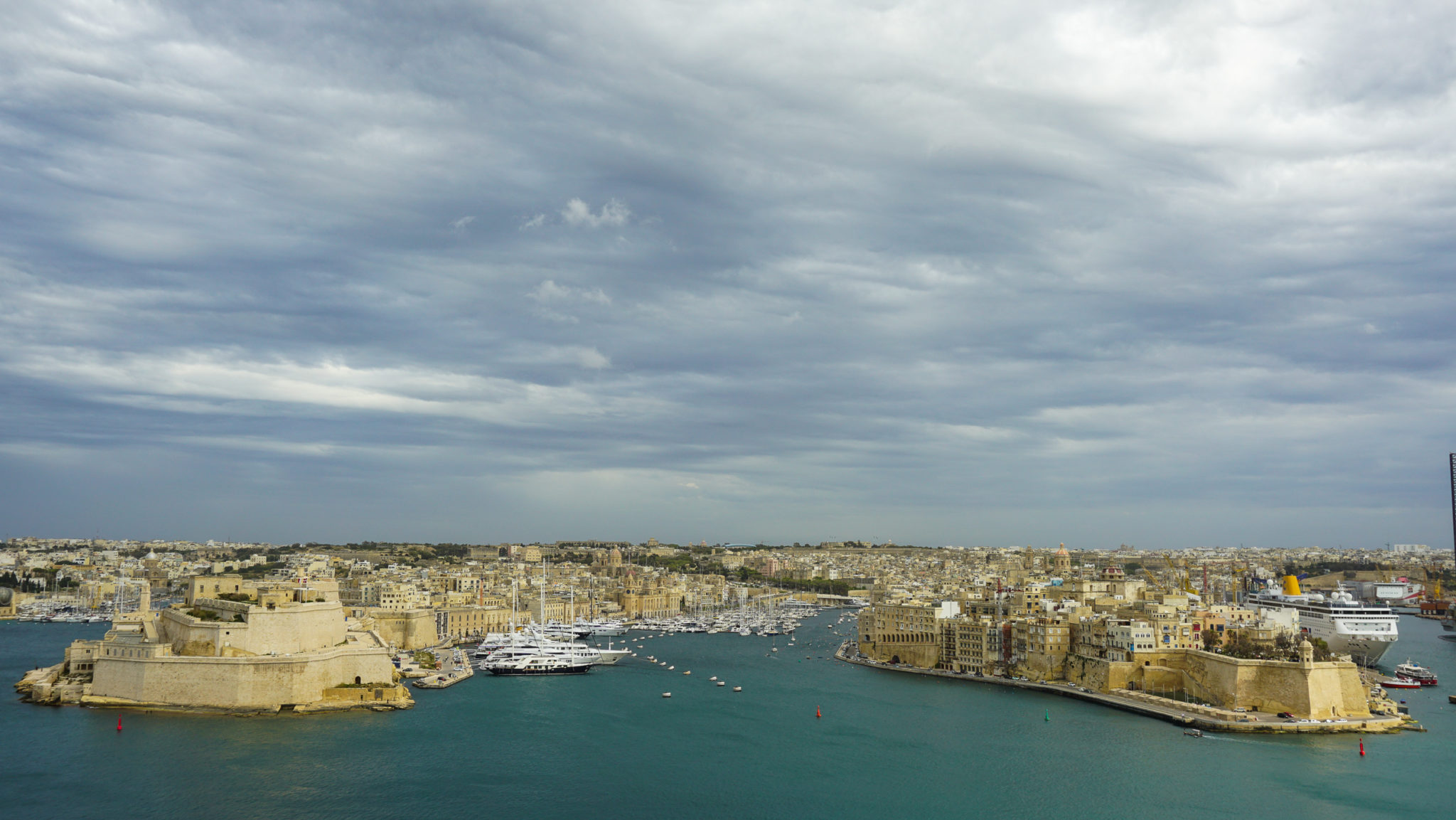
Just below the gardens, you can see the 16th Century Saluting Battery. The cannons are still operational and every day at 12:00 and 16:00 there is a little ceremony that ends with a cannon firing. The Lower Barrakka Gardens are much quieter and not as busy with some more panoramic views. A small Roman-inspired temple is also situated in the Lower Barrakka Gardens.
St John’s Co-Cathedral
The next stop of your walking tour around Valletta should be St John’s Co-Cathedral. Built in the 16th Century and then renovated in the 17th Century in Baroque style, St. John’s Co-Cathedral is a masterpiece by itself. Don’t allow the plain facade to fool you, the interior is stunning with beautiful frescos, carved stone walls and marble floors. Consisting of 9 chapels and 2 bell towers, the cathedral is certainly worth the visit.
As I did not have much time to explore Valletta, I decided to just get lost in between the narrow streets with colourful doors and balconies. If you have more time, you may want to visit the Grandmasters’ Palace or the National War Museum – it seems both places are among the most popular sights in Valletta.
The most popular shopping street is Republic Street, so head there if you would like to get some souvenirs. It can get a bit crowded, though, so I would recommend exploring the narrow hilly backstreets. I was absolutely impressed by the brightly coloured Maltese balconies and doors – they make the city so vibrant and lively. You can literally expect another surprising little street on every corner. Just stroll around and enjoy the beautiful, charming city of Valletta full of captivating atmosphere.
Some other useful tips when visiting Malta are:

When to Go
Malta can get extremely hot during the summer, especially in July and August. The summer season is also the most popular time for tourists to visit Malta.
The months of April and May, though, would be the perfect time if you want to plan a trip to the Maltese Archipelago.
I also absolutely love travelling around Europe in Spring – click here to learn why.

Where to Stay
During my visit to Malta, I was staying with a friend, so, unfortunately, I do not have any good hotel recommendations. I would suggest not staying in Valletta, though, Sliema is a much better choice, as most bus routes start from there. There are various options for accommodation in Sliema. The town of Gzira, which is just a block away from Sliema is also a fantastic alternative with lower hotel rates.
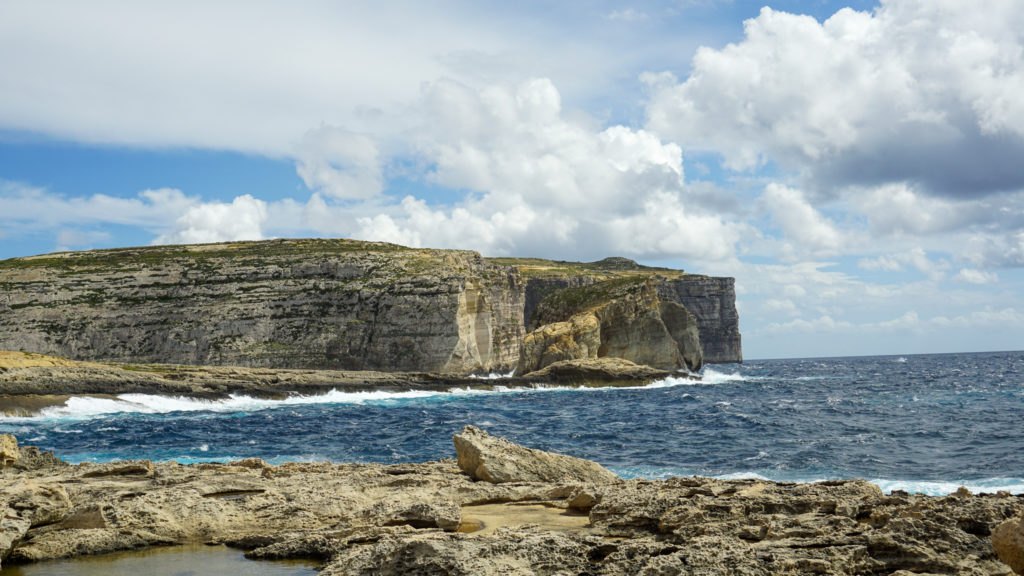

Getting Around the Island
While visiting Malta, I used public transport to get around. I found the bus system to be extremely reliable and cheap. You can literally go from one side of the island to the other by bus in just an hour. I do not recommend renting a car, as the traffic can be a bit hectic and parking might be an issue. Also, keep in mind that Malta inherited the British driving on the left side of the road rule.

How Much Time do you Need
I presumed that a weekend getaway to Malta would be a good idea. Little did I know that Malta is packed with interesting and beautiful sights worth visiting. Even though I managed to cover quite a big part of the islands in just three days, I would say an entire week would be much better. You would have more time to actually enjoy every little town and explore it without rushing through the streets.
I must admit that I left part of my heart in between the narrow streets of Malta. This is one of my favourite places that I have ever visited and I am sure that I will be visiting Malta again.
Have you been to Malta? Did you enjoy the Maltese islands? What were your favourite spots? Feel free to share in the comments section below!
More Places I wish I had time for and I am certainly adding to my list for the next time I am visiting Malta:
- Popeye Village
- Blue Grotto
- The Blue Lagoon and Comino
- Dingli Cliffs
- Marxaxlokk Fish Market
You May Also Like
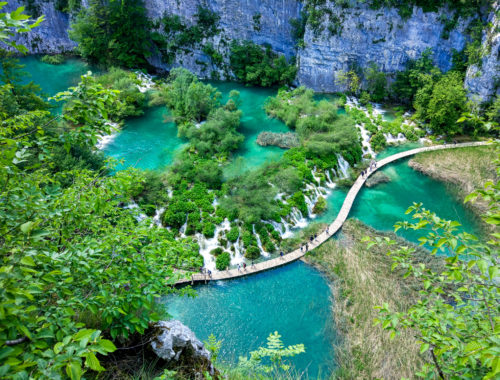
Nine Tips for visiting Plitvice Lakes in Croatia
June 6, 2018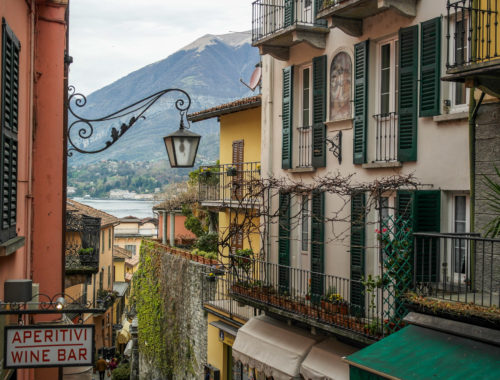
A Day Trip to Lake Como
April 22, 2018

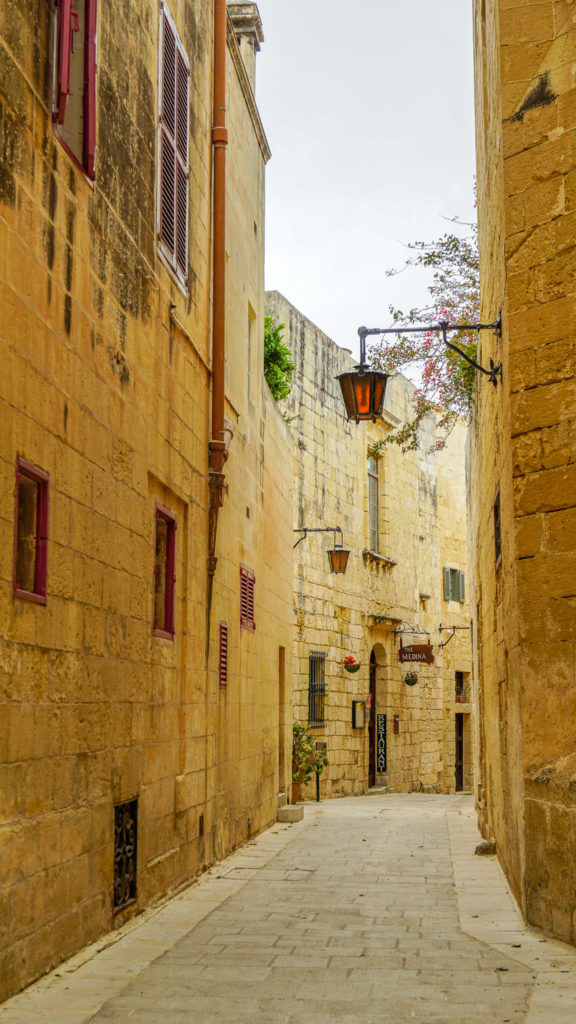
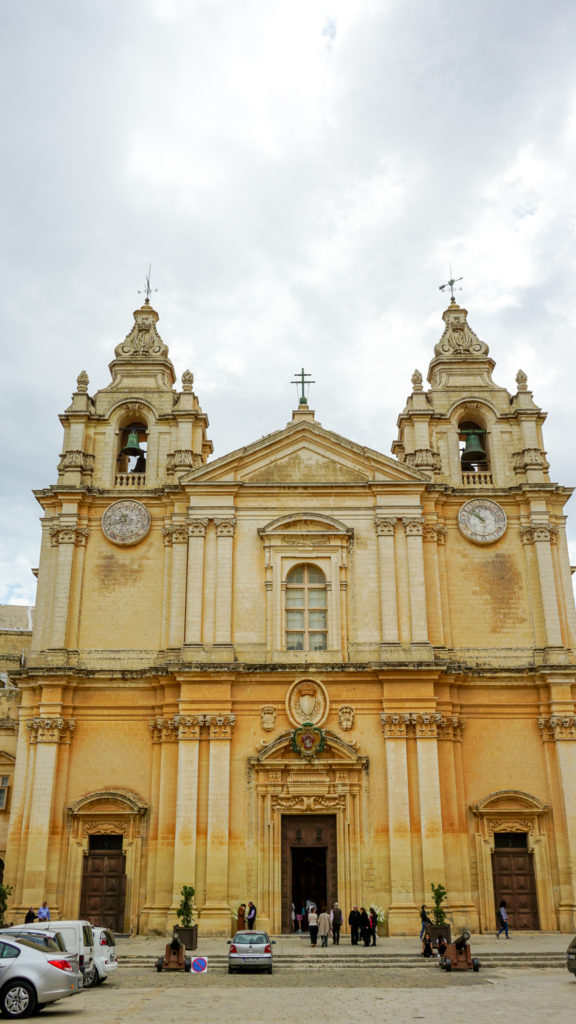
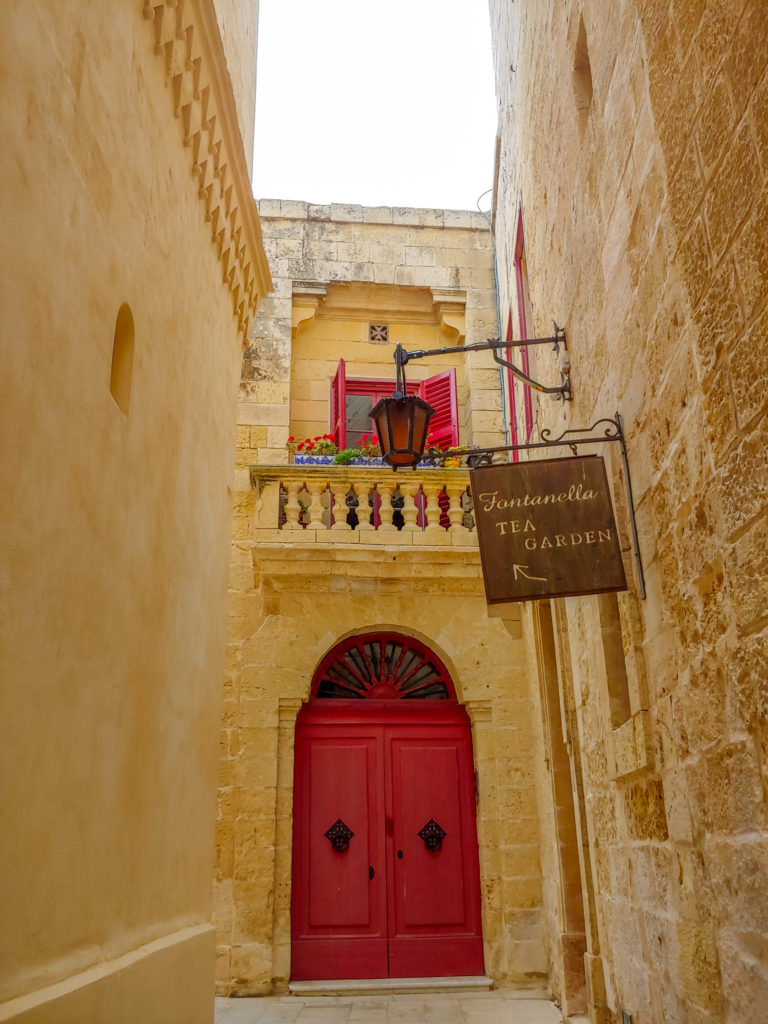
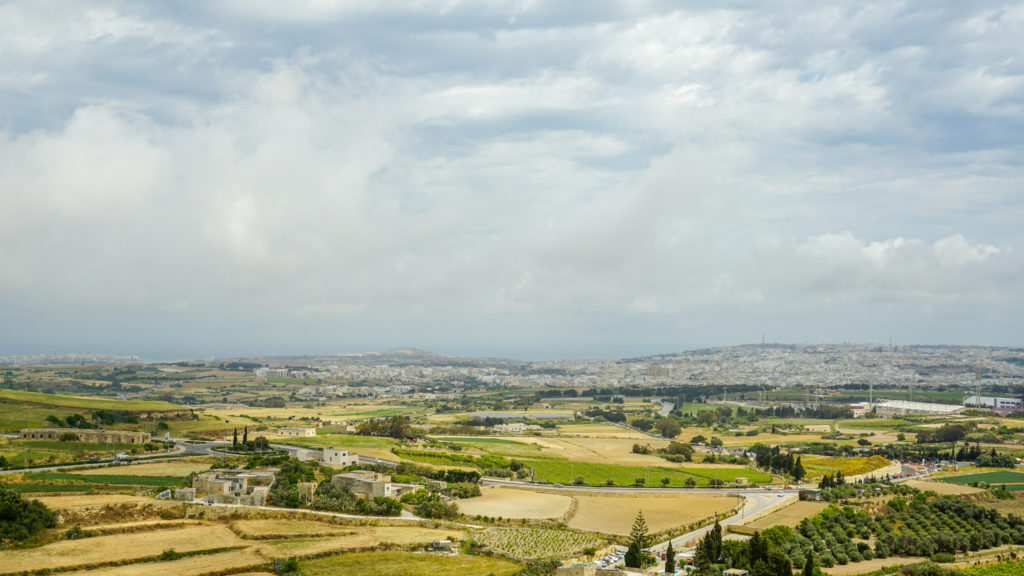
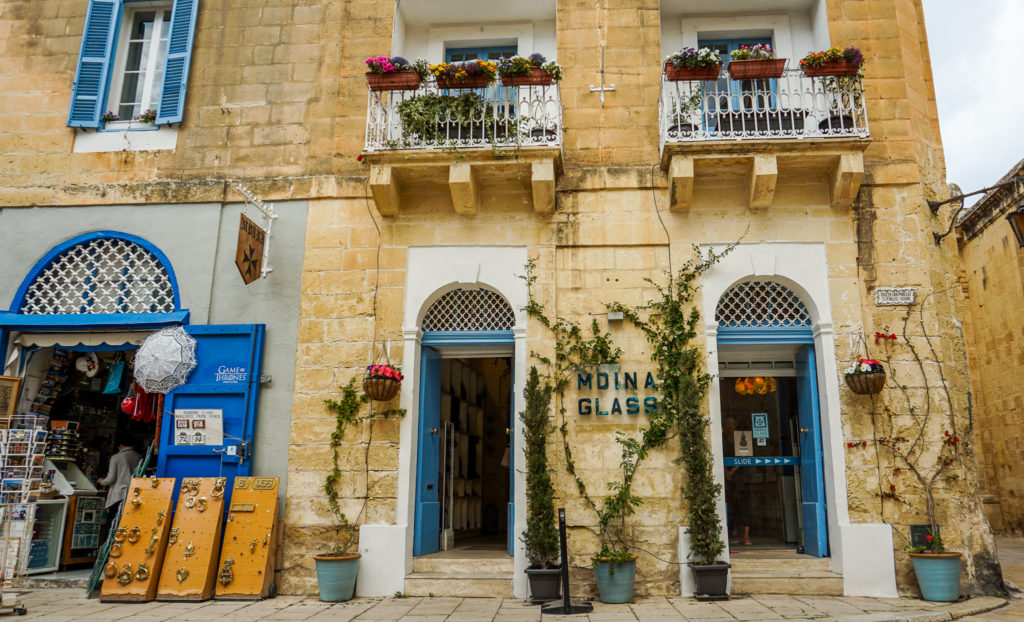
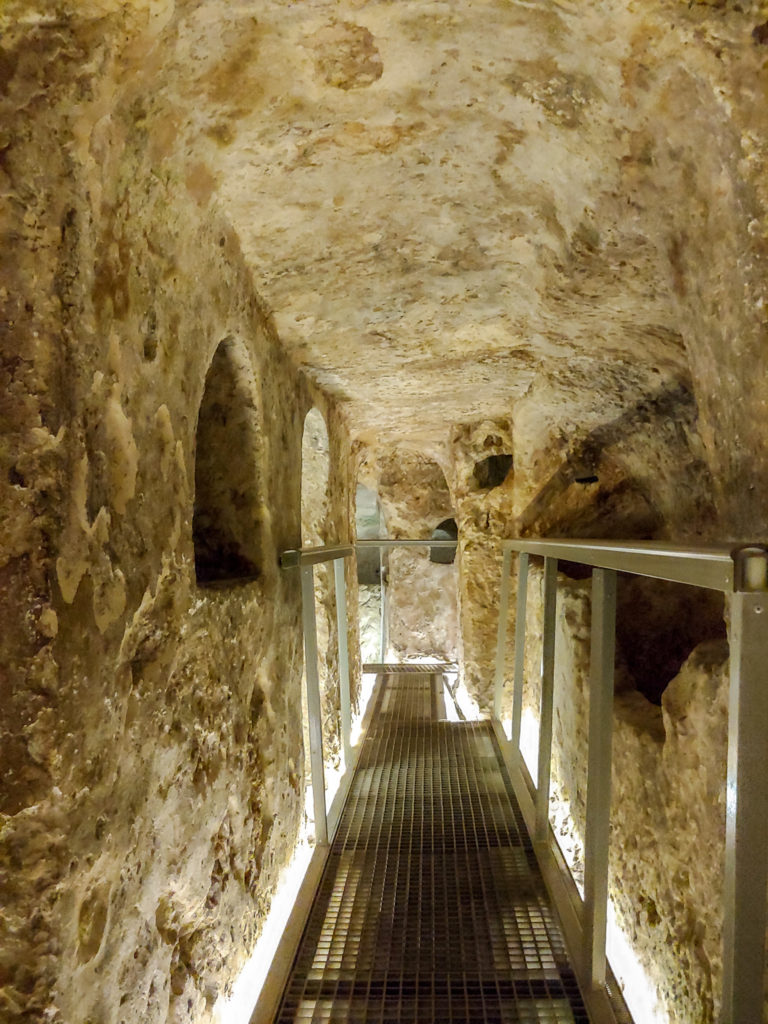
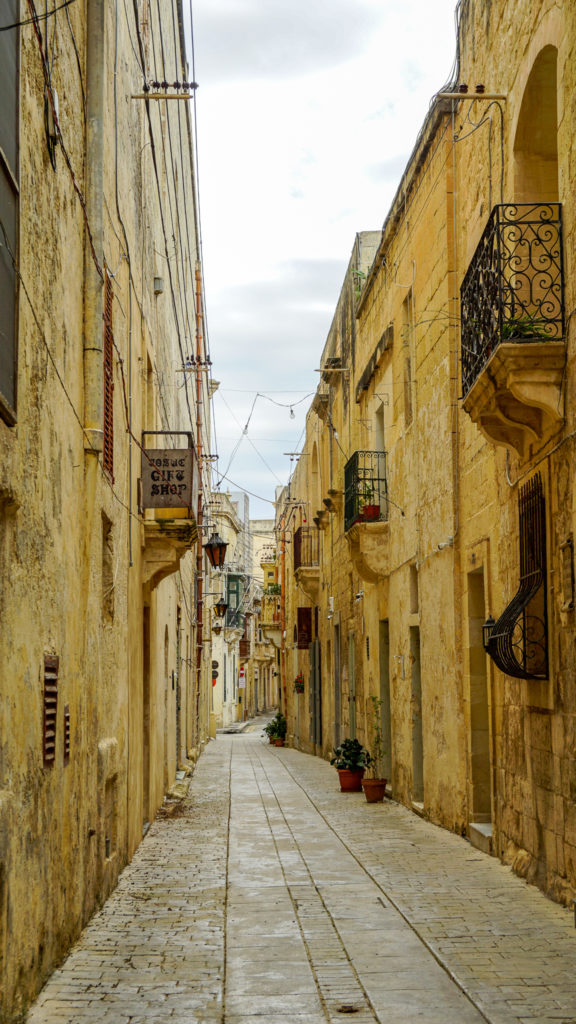
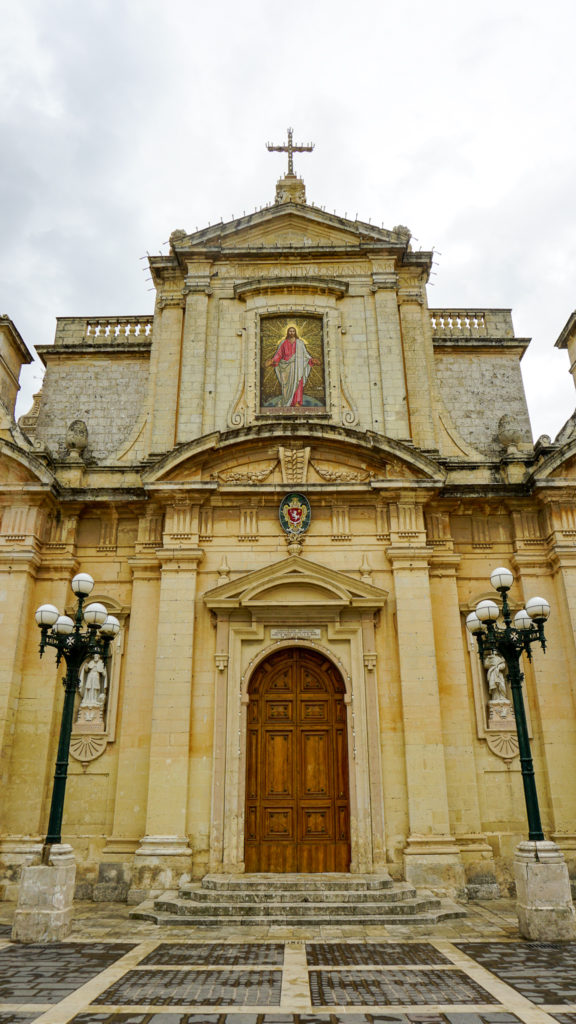
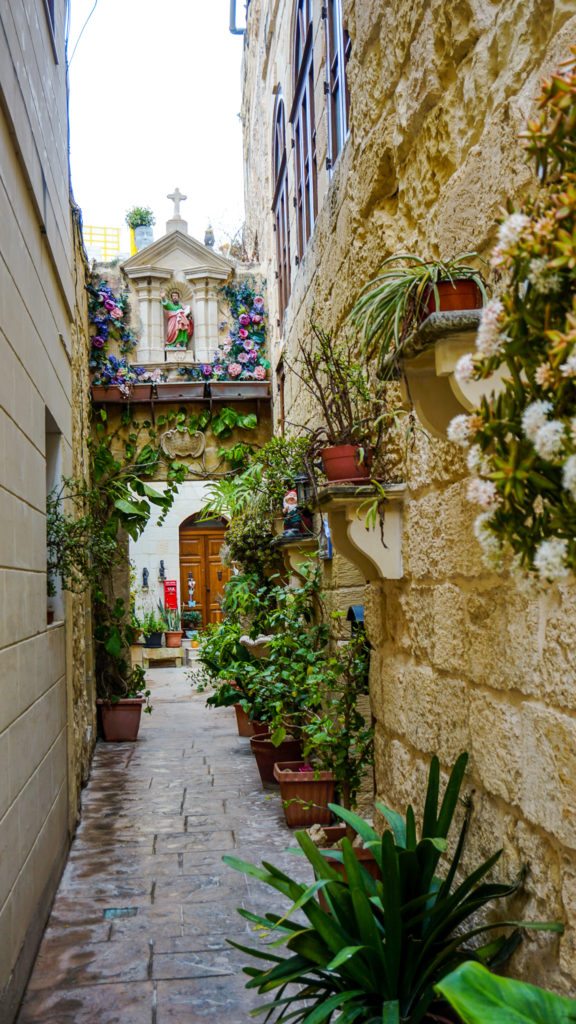
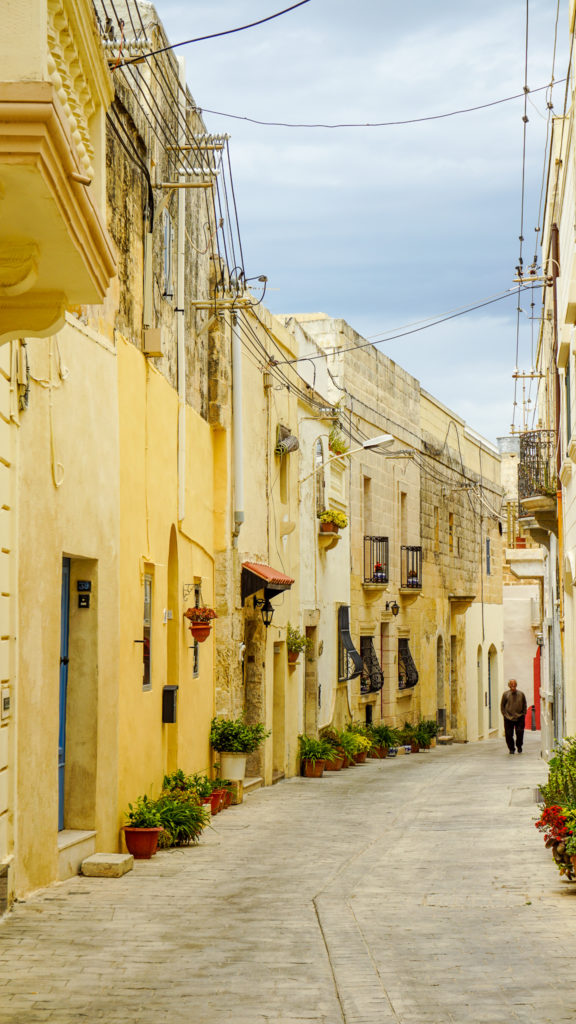
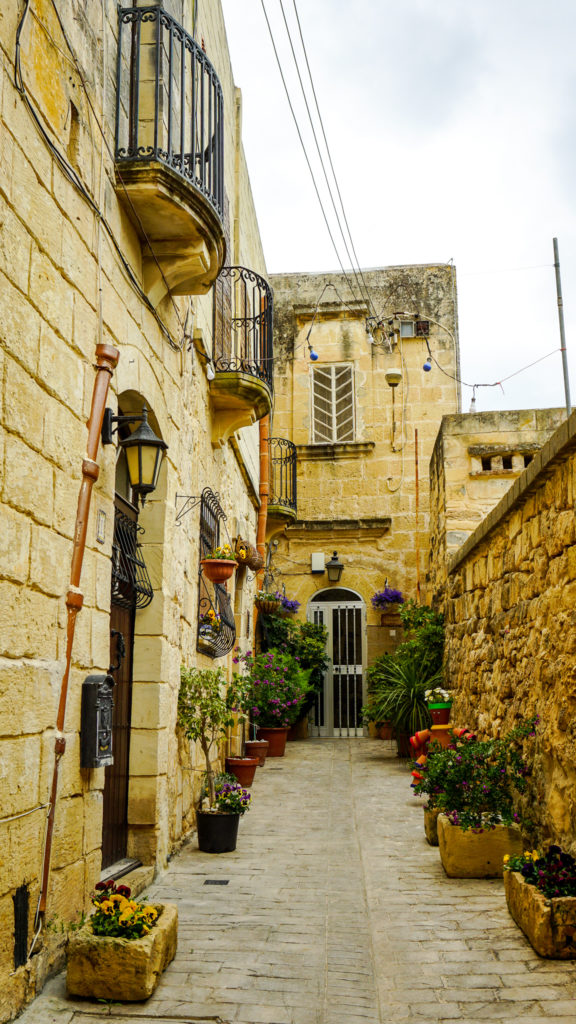
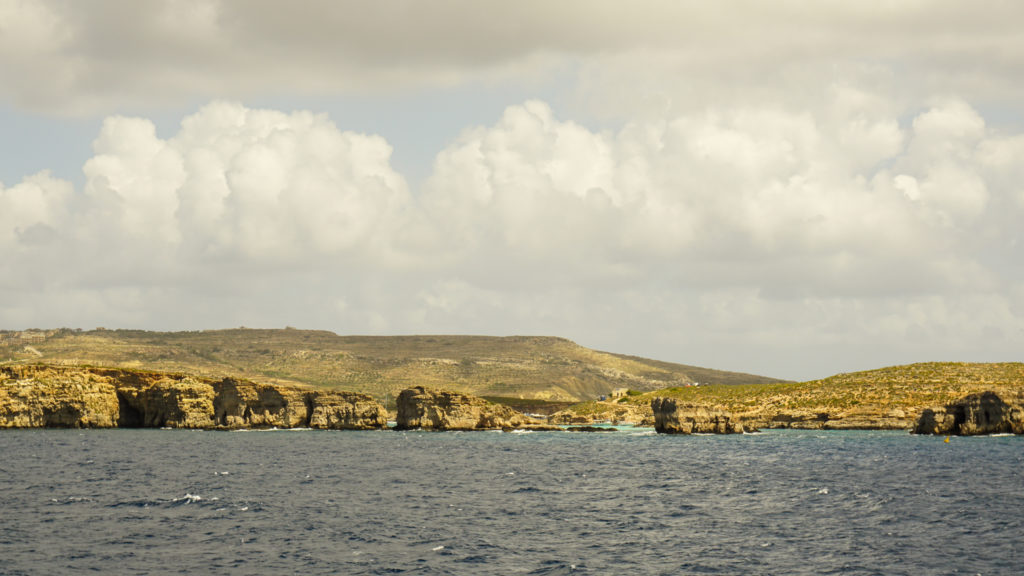
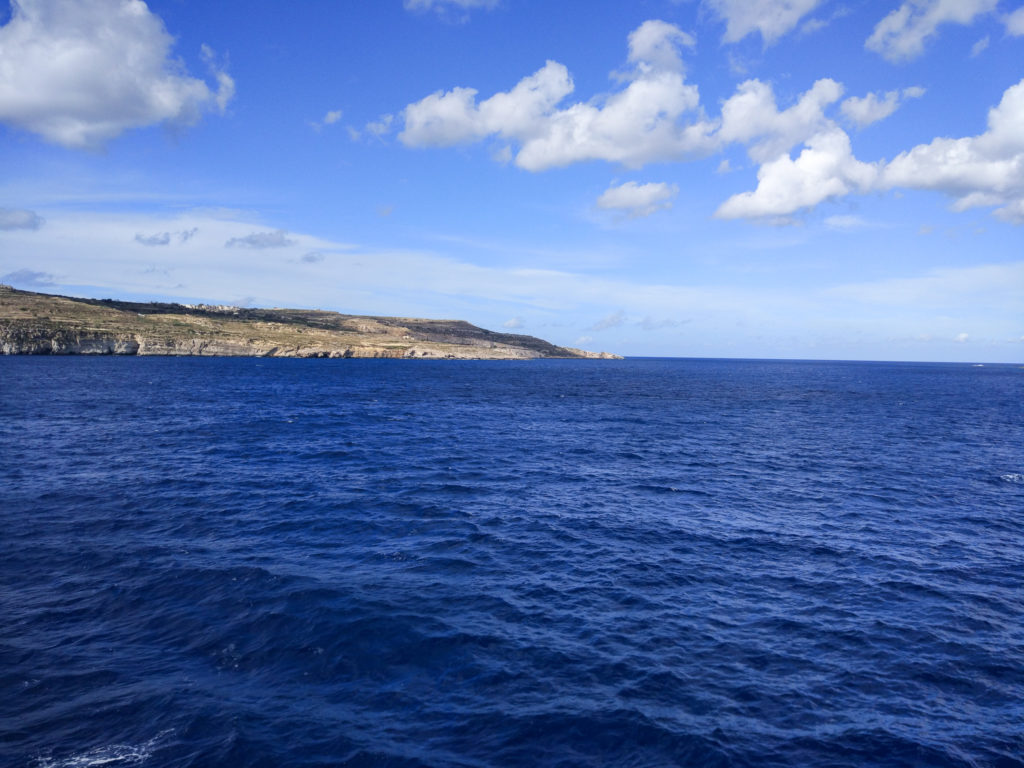
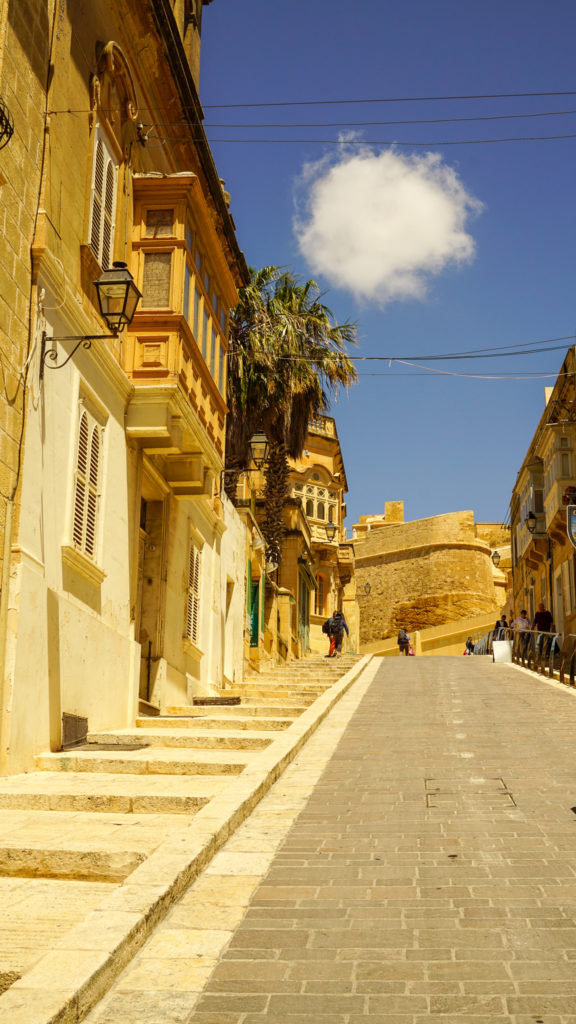
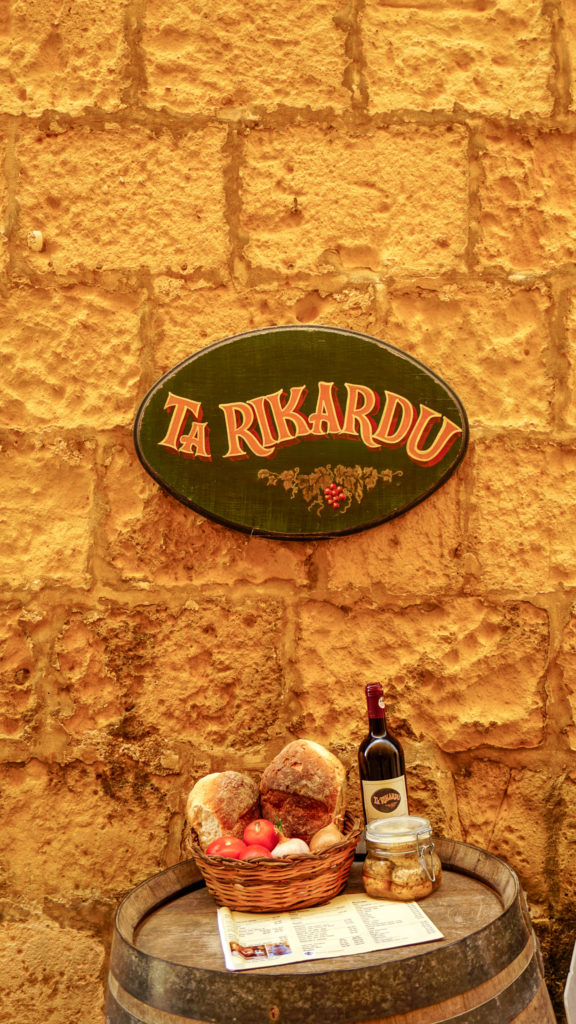
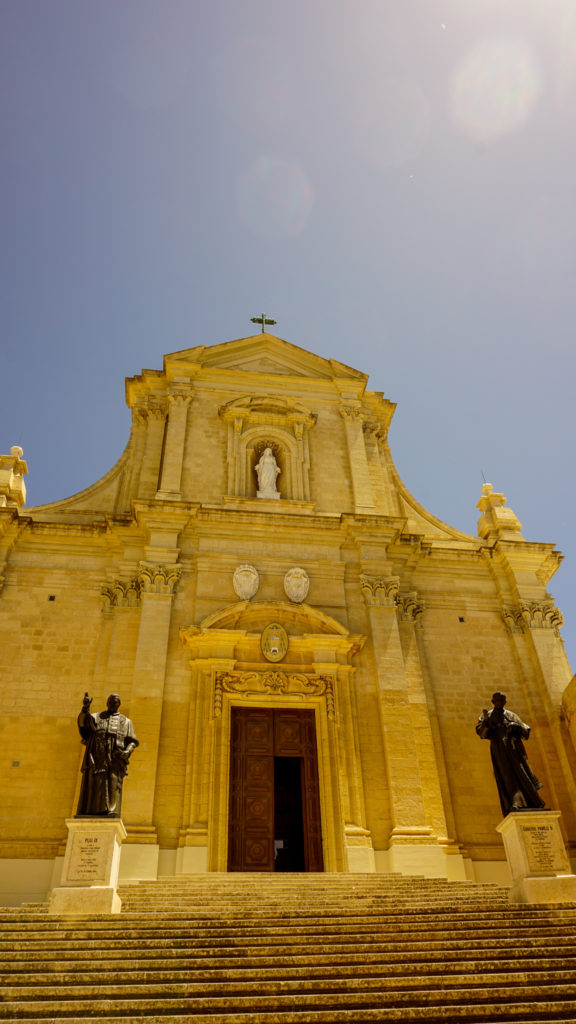
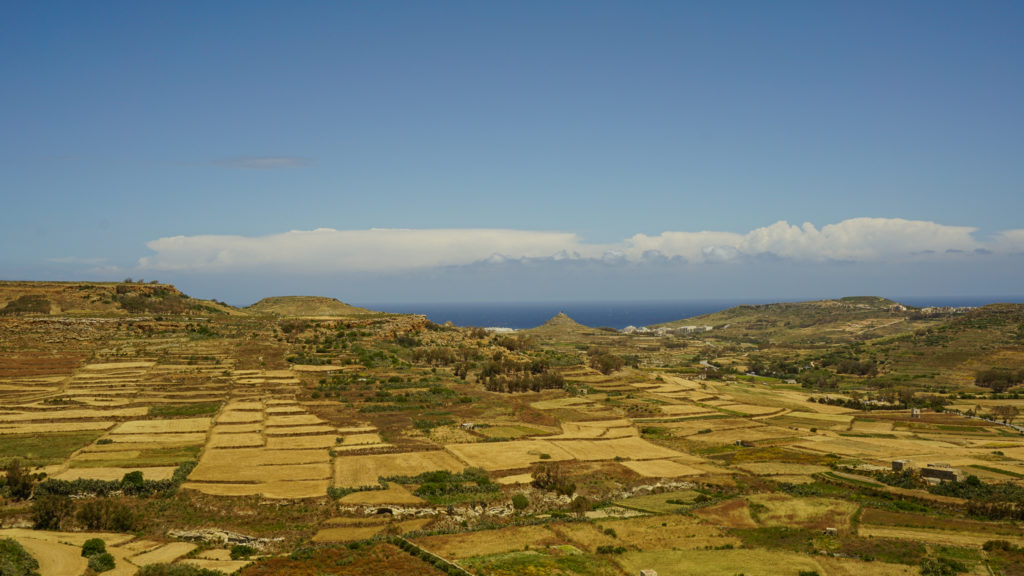
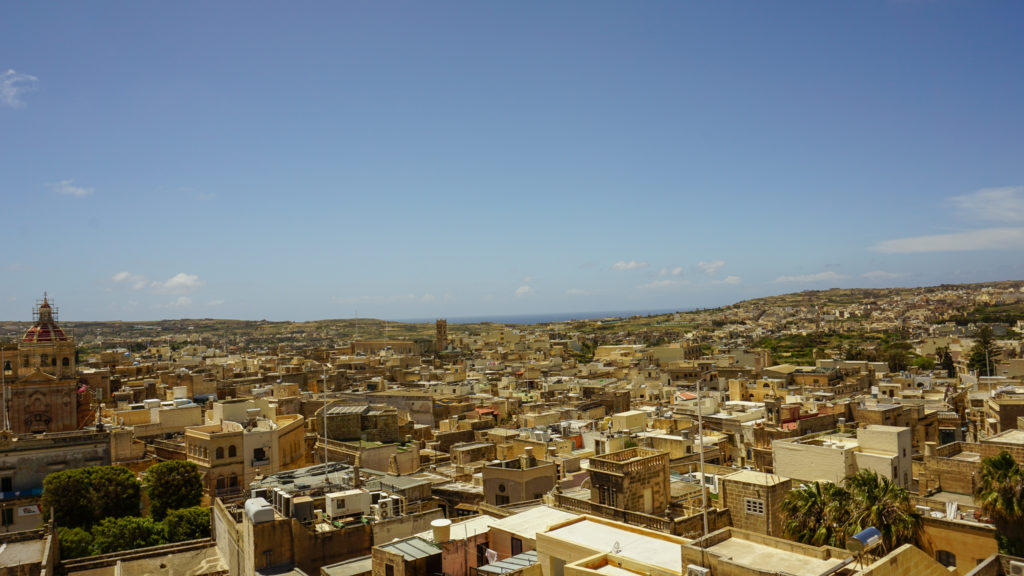
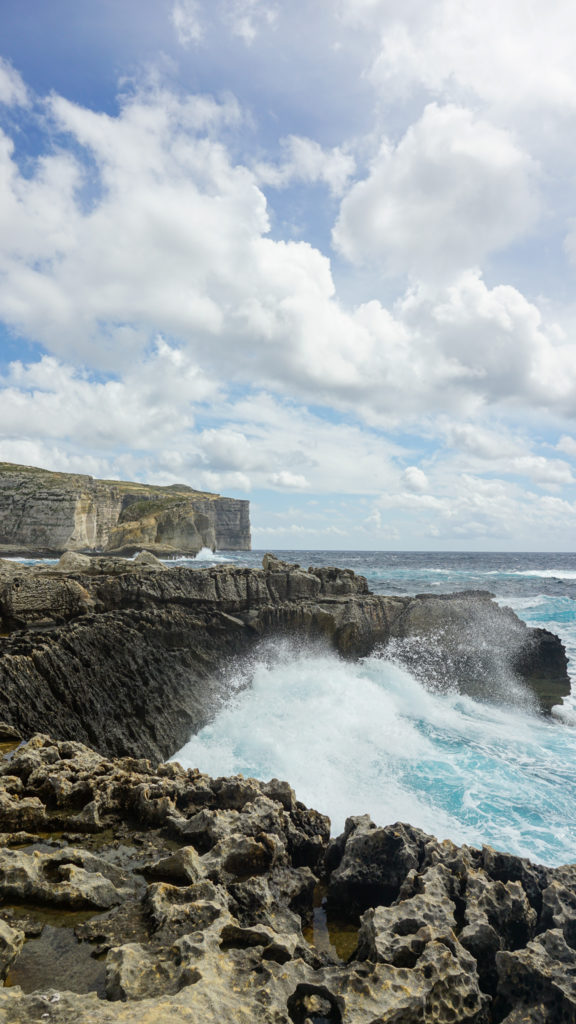
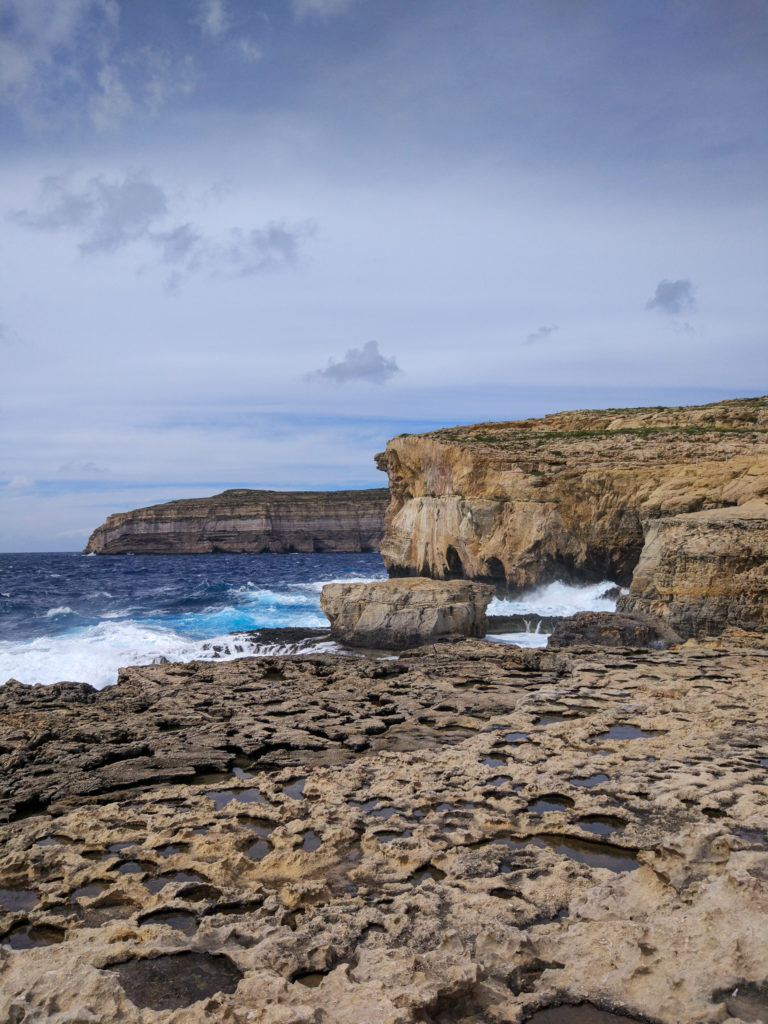
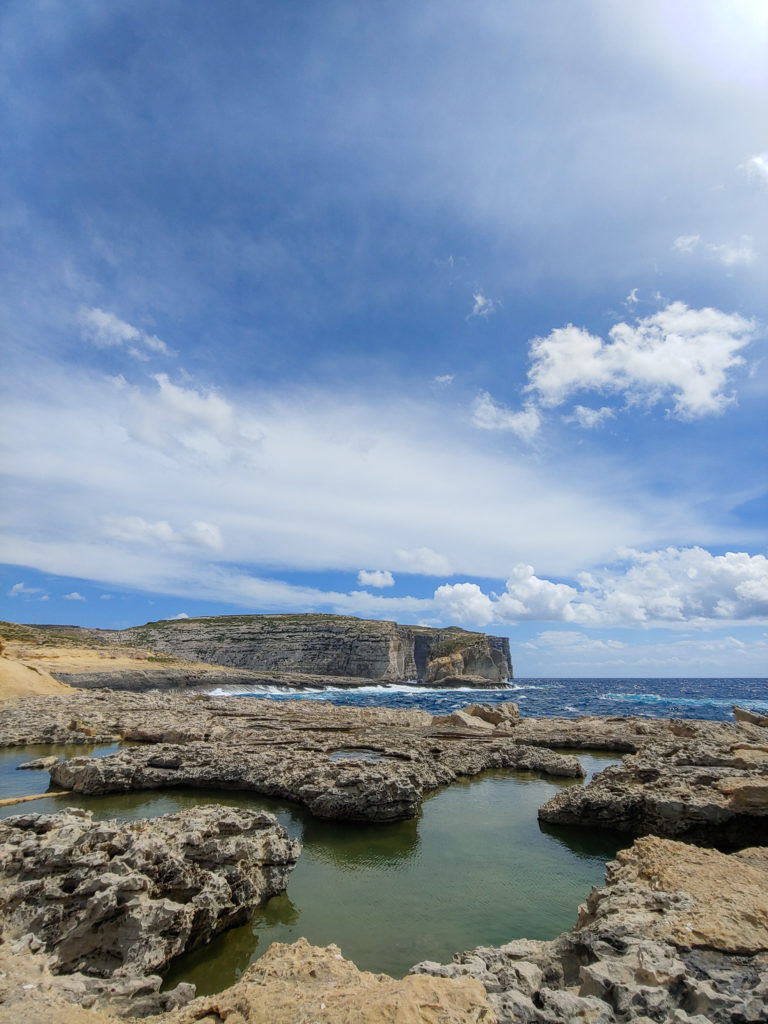
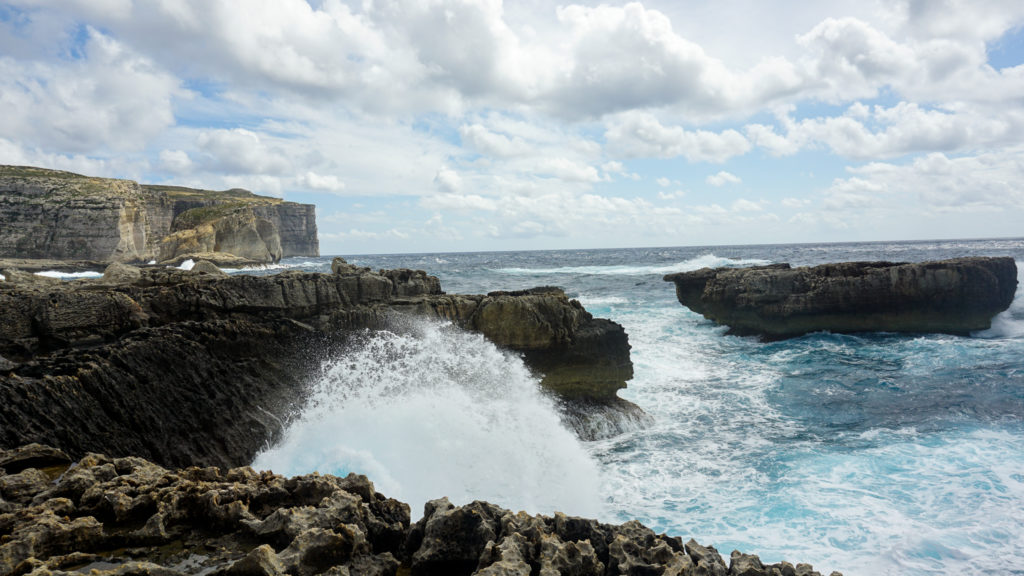
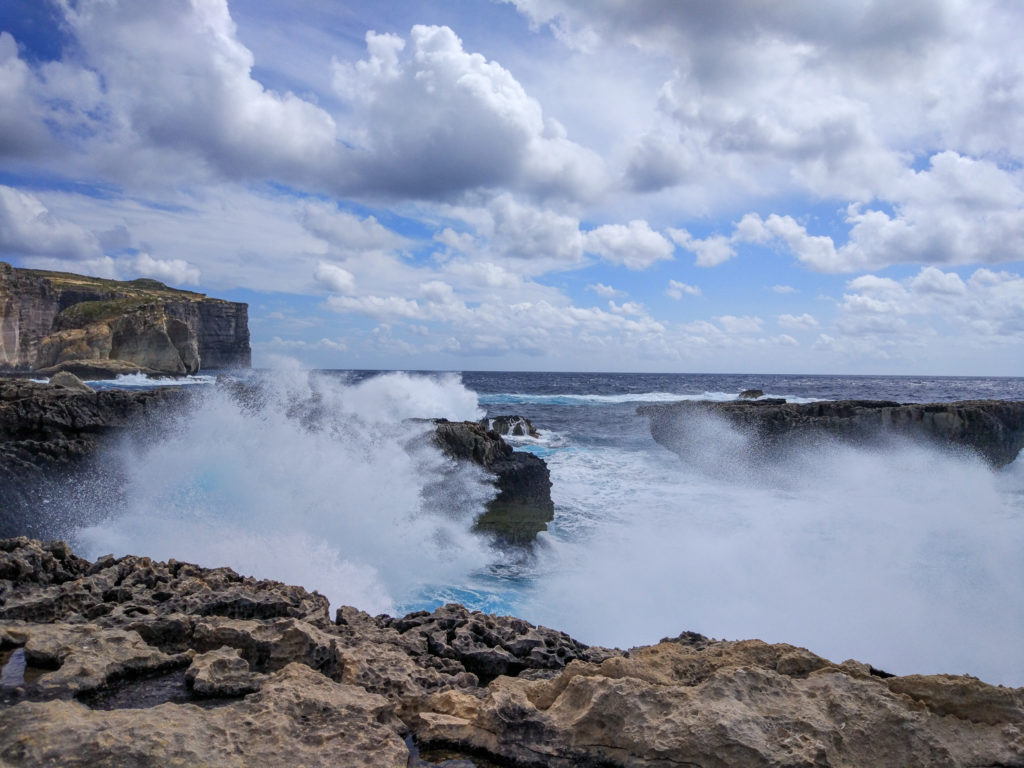
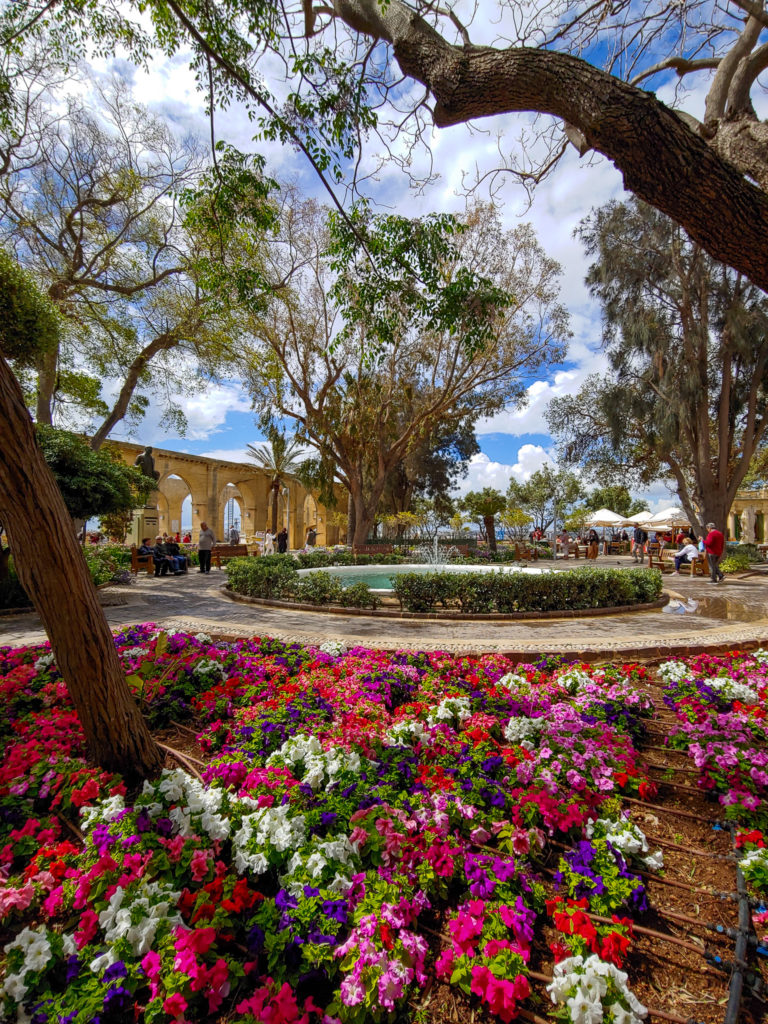
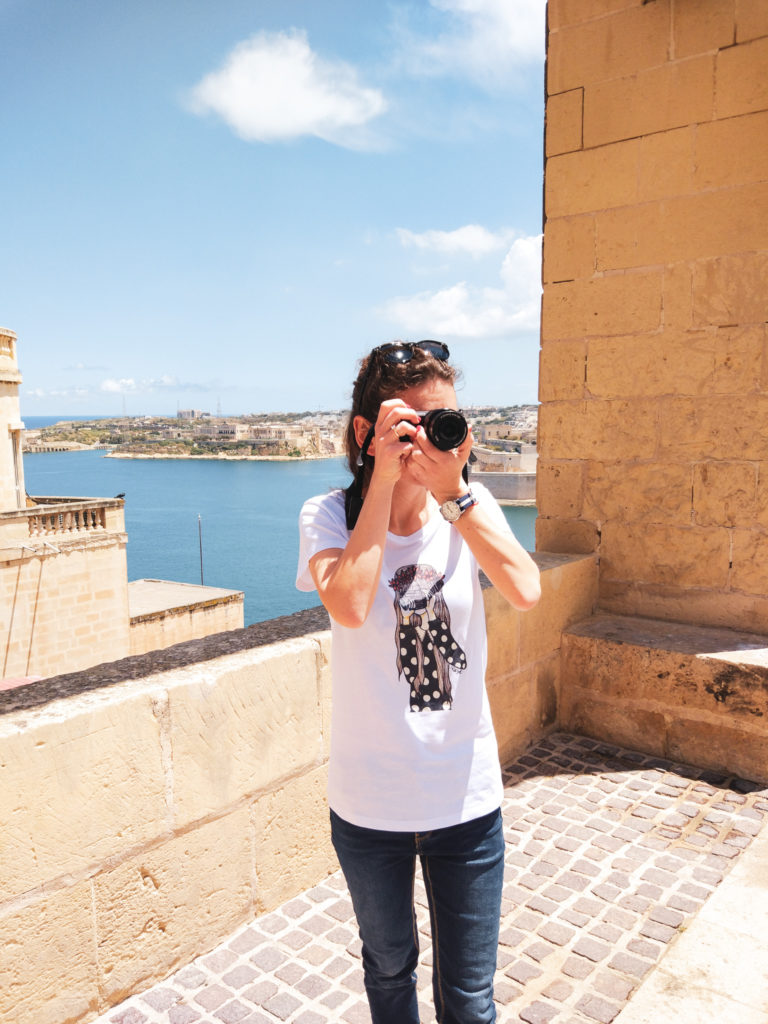
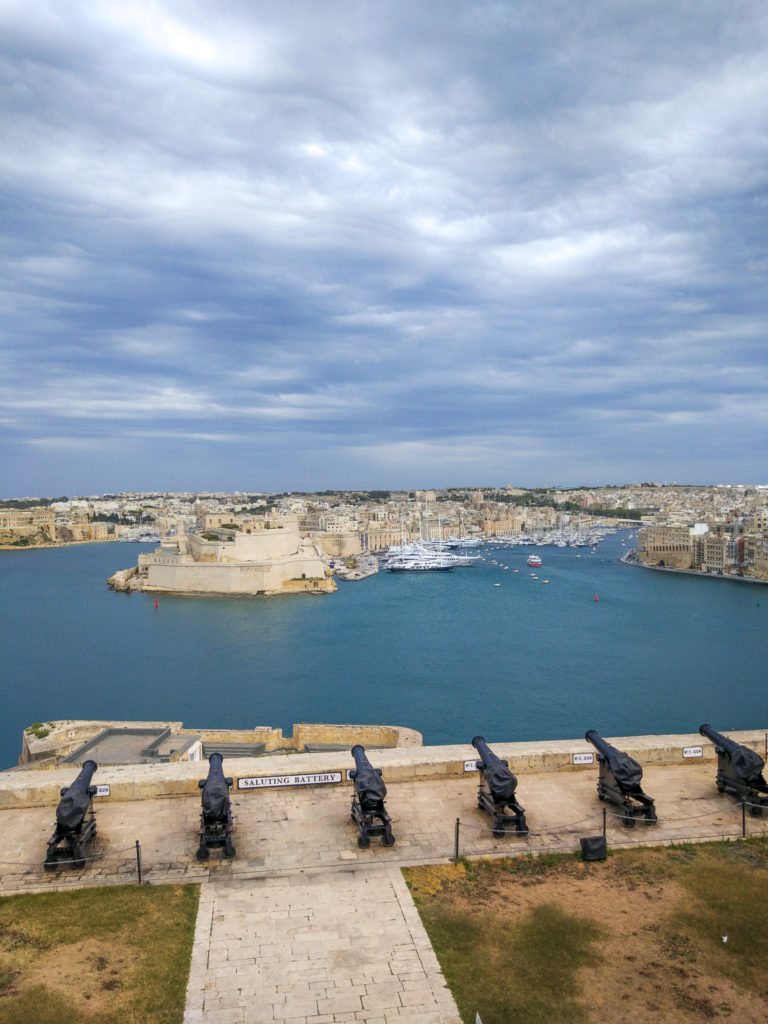
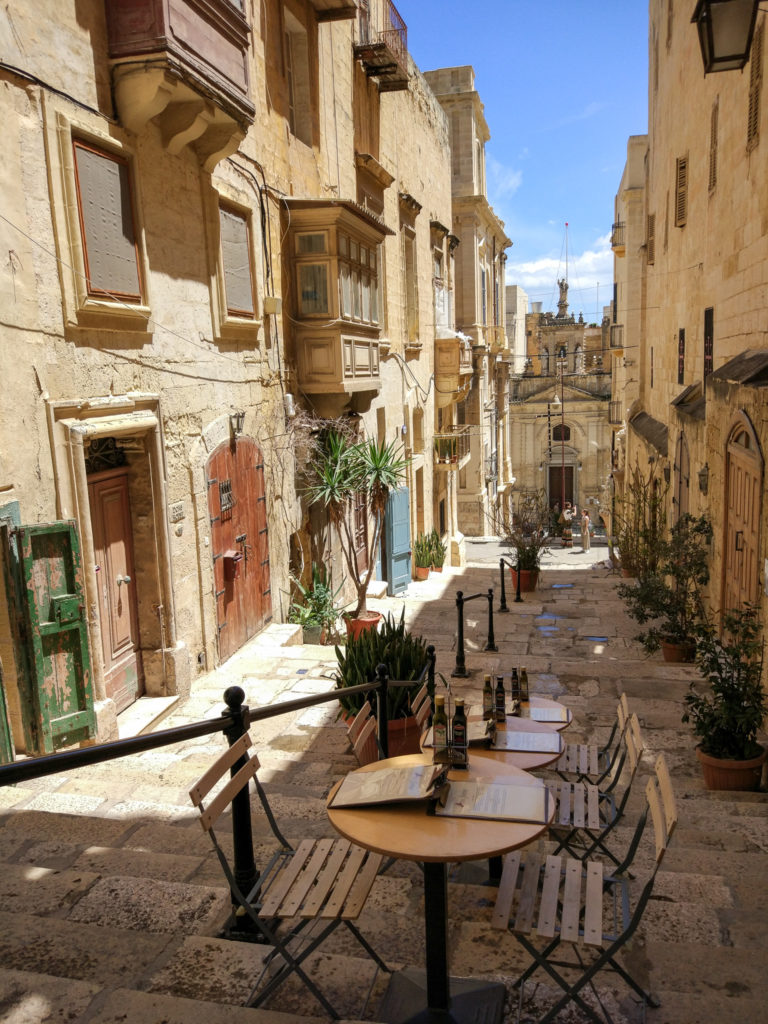
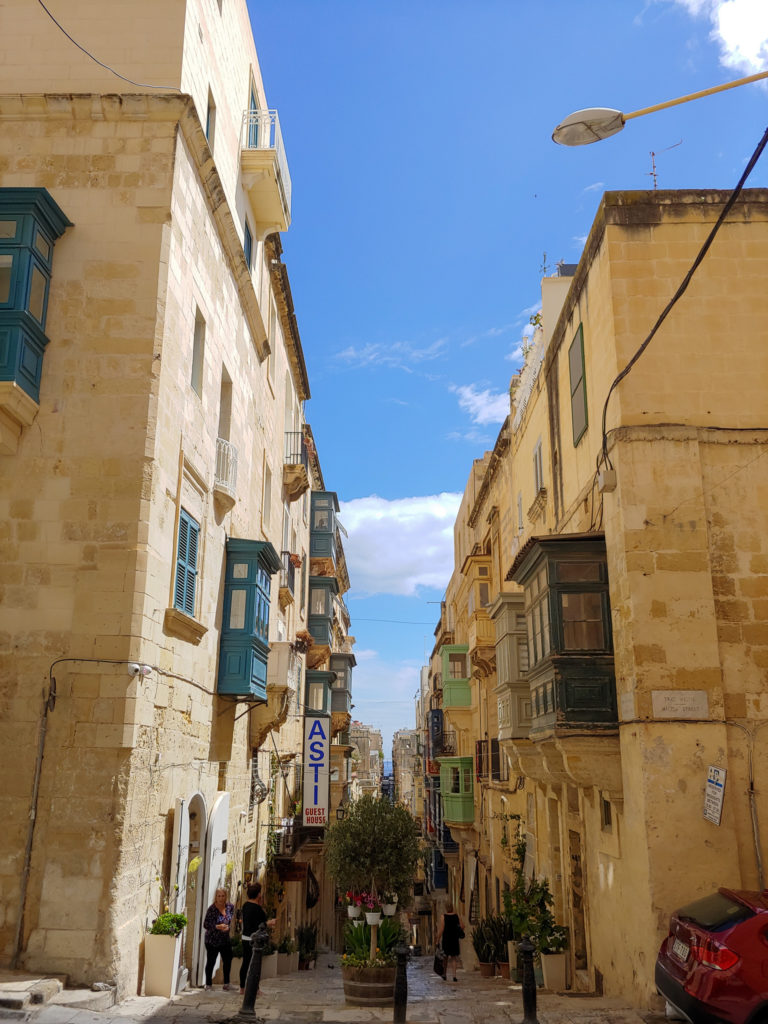
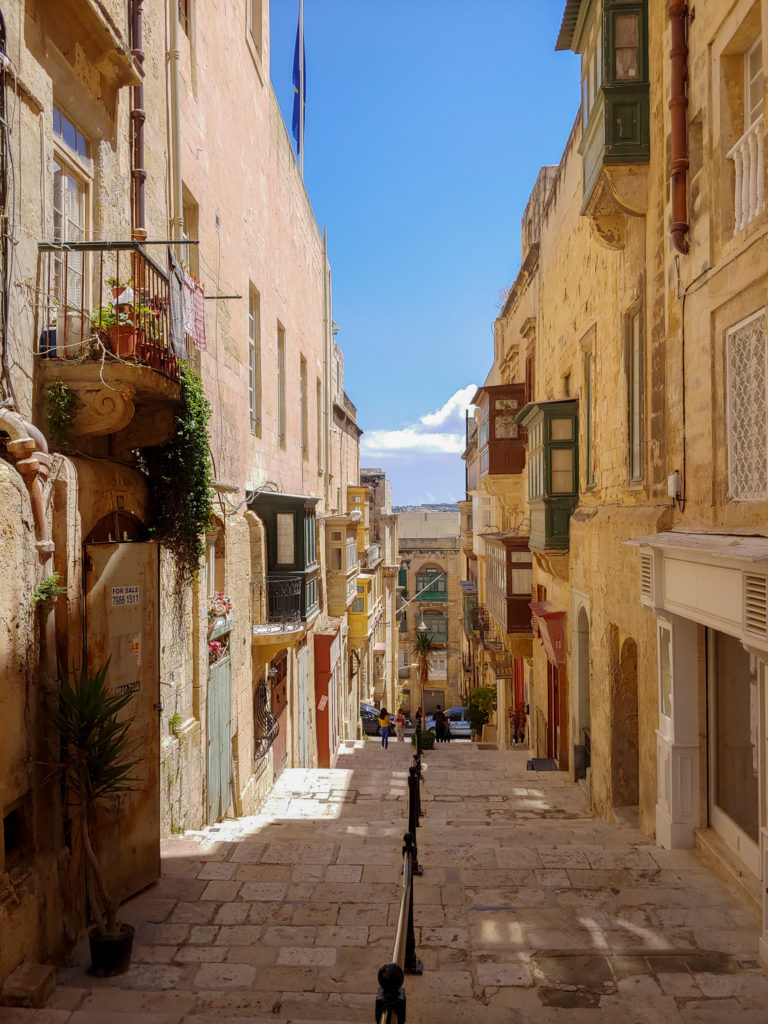
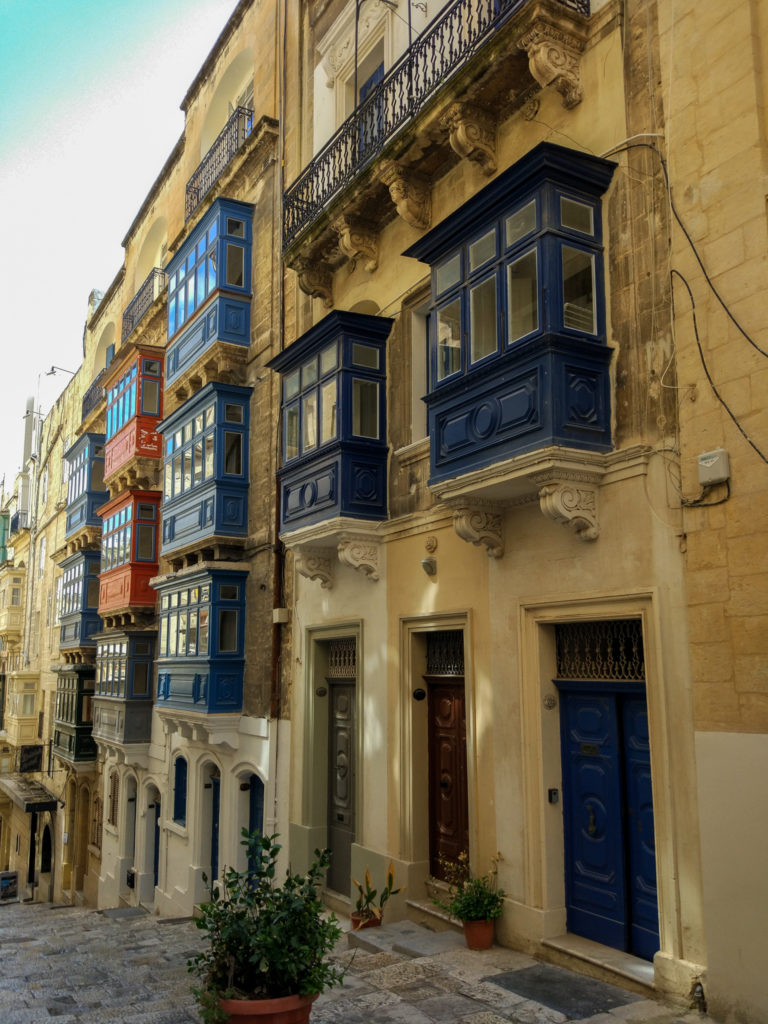
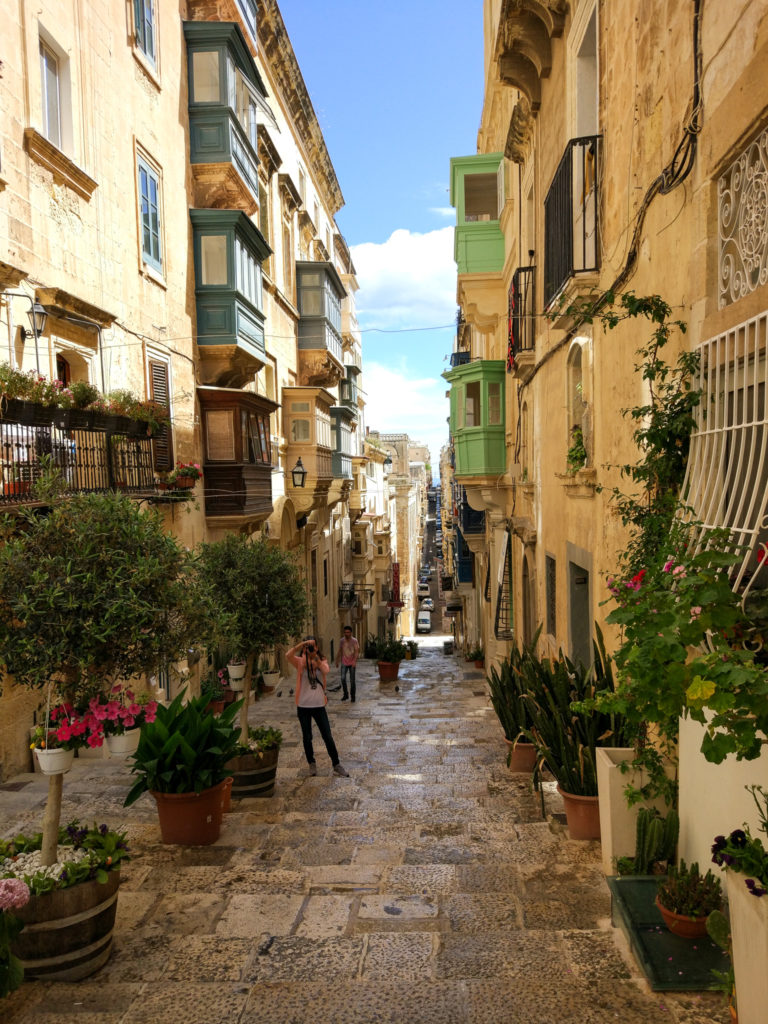
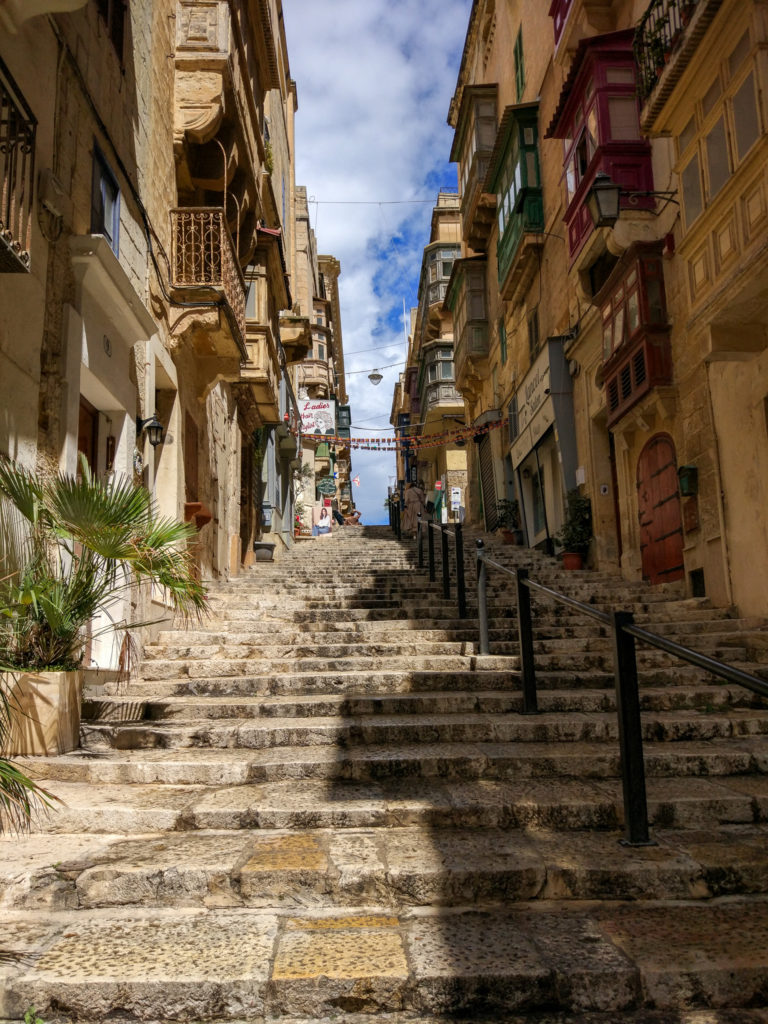
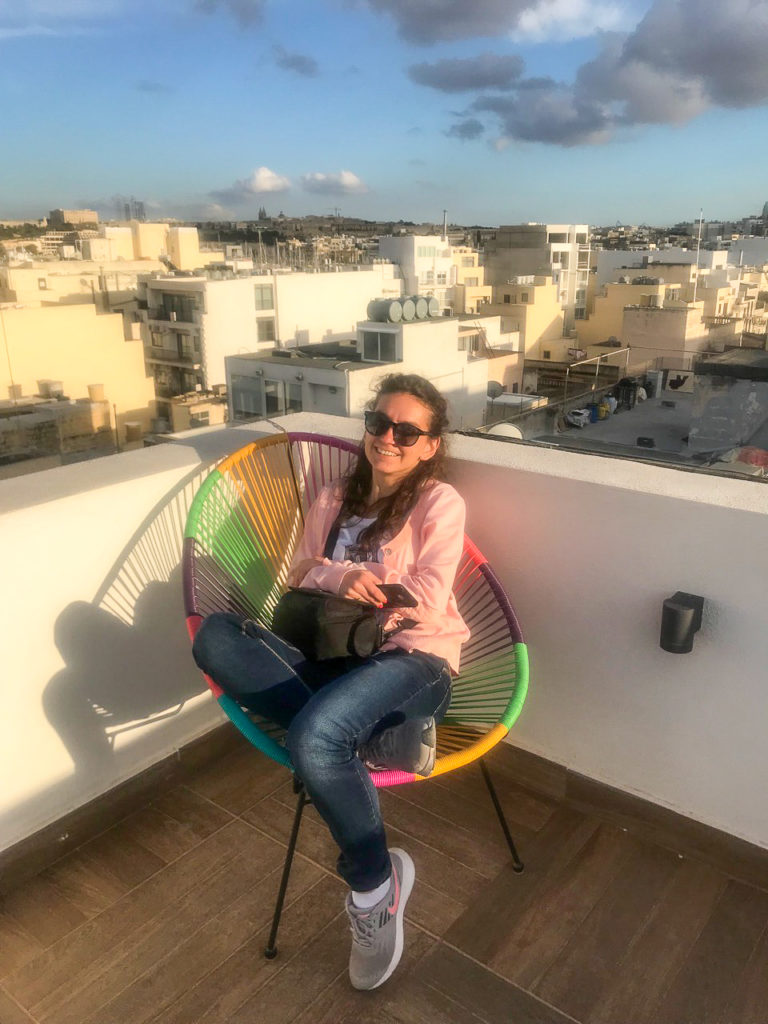
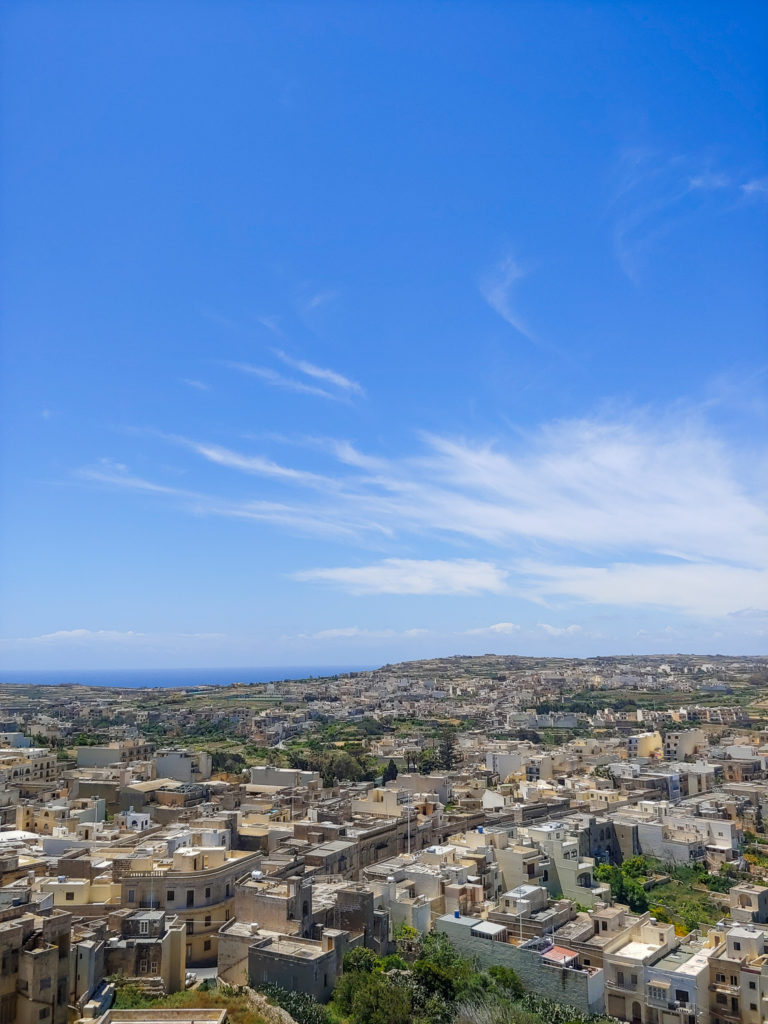
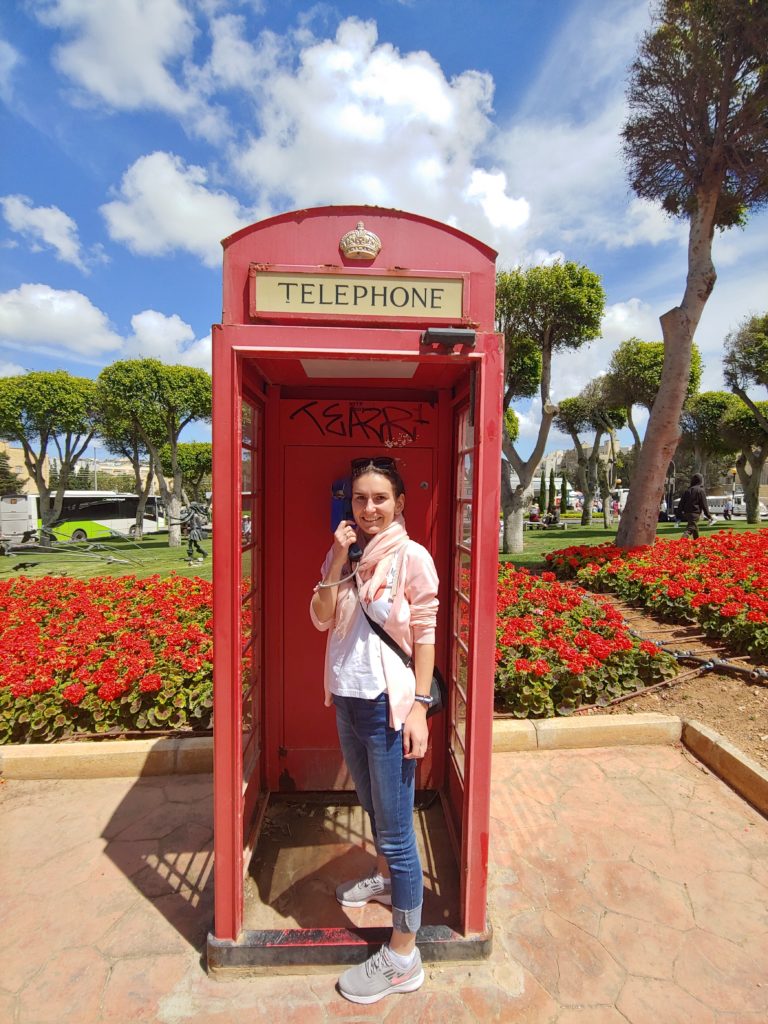
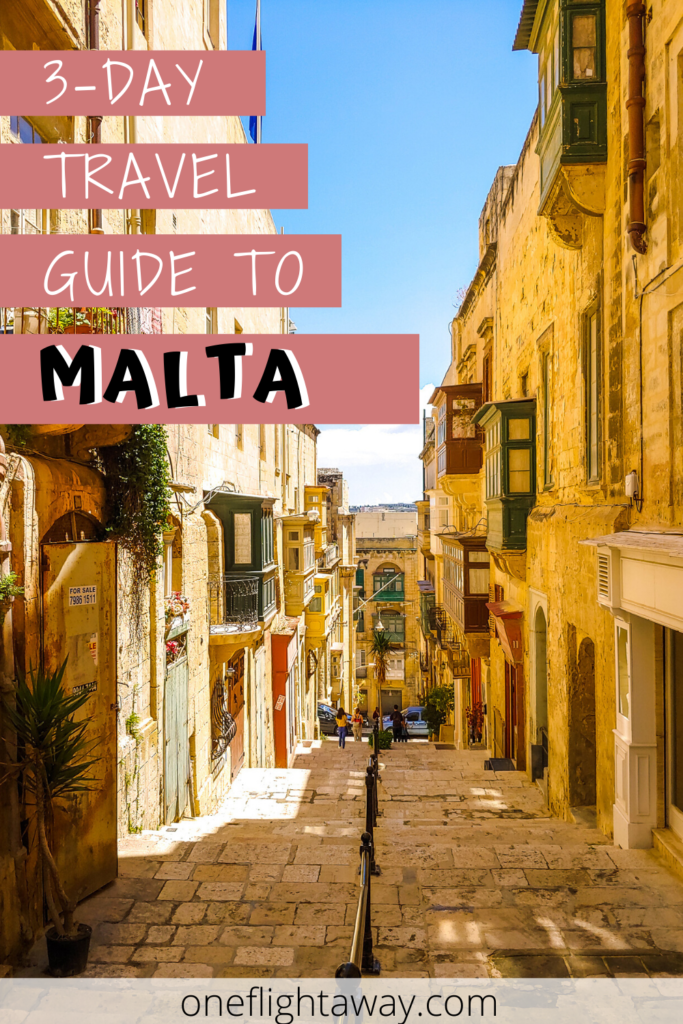
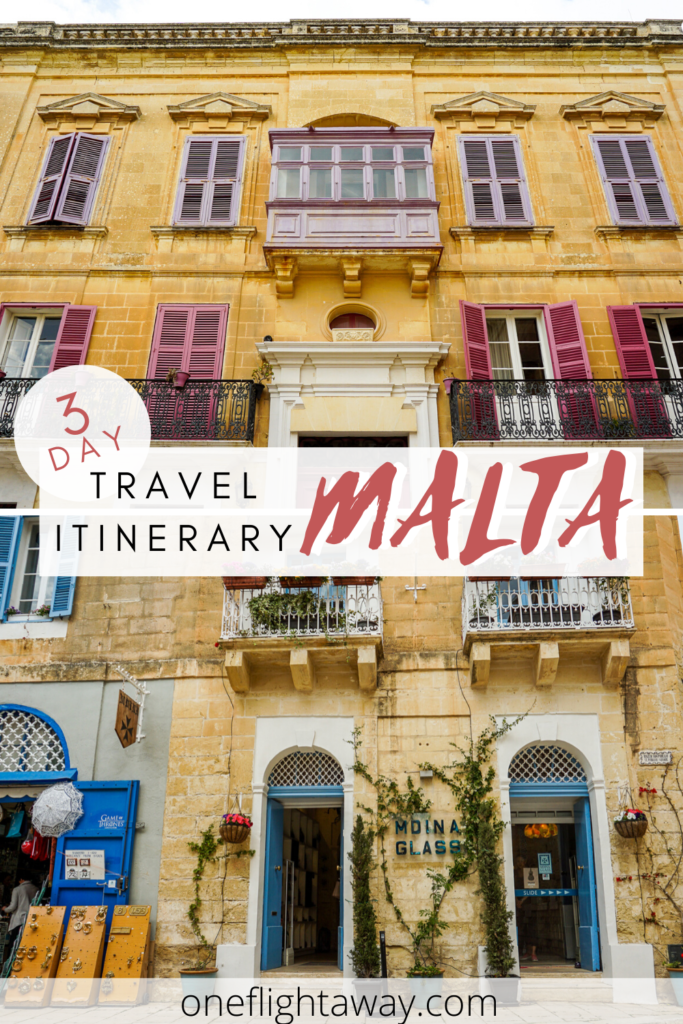

14 Comments
Marjut | The Smooth Escape
Malta looks sooo romantic and based on your photos, it sort of reminds me of Sicily 🙂 . Adding this place to my ever-growing must-visit list!
Polly Dimitrova
Yeap it looks a bit like Sicily and Italy. Certainly worth the visit 🙂
Kariss
Loved this, really made me want to visit, especially Gozo.
Kariss
Polly Dimitrova
Gozo is fantastic. I would love to go back and spend more time there as well 🙂
Marissa
This place looks SO gorgeous! I’ve always wanted to go to Malta, but now I’m really inspired.
Polly Dimitrova
Malta is one of my favourite places ever. It is a place that I would love to go back to as well. Glad you found additional inspiration here 🙂
Charu Goyal
Malta looks so beautiful! I have actually had it on my radar for a few years but never got around planning a trip there yet.
Polly Dimitrova
It really is. Totally worth the visit 🙂
Alaine
So Glad you got to see quite a lot in your short trip! I go to Malta a couple times a year and always find something new there but also like to spend some time relaxing and getting some writing or work done.
Polly Dimitrova
Yeap, I think it was not bad for such a short trip. I would love to go back for longer though. Yeap, I think it is a great place to find inspiration 🙂
Stefan (Berkeley Square Barbarian)
Beautiful post, so comprehensive, well-researched, and with so many fabulous photos!! We have not done half of what you have done during our short trip two years ago, but loved our stay too. Our favourite was Gozo.
Polly Dimitrova
Thank you! Glad that you enjoyed the post! Oh Gozo was absolutely beautiful – I loved it too! I really hope I will get the chance to visit Malta again soon! 🙂
Rick Rodriguez
Malta is very small and so cozy. A friend of mine was there on a language learning program. I have heard a lot about this beautiful country.
Polly Dimitrova
Malta is so beautiful, indeed. It certainly is just a small island, but packed with so many interesting places that are worth visiting 🙂